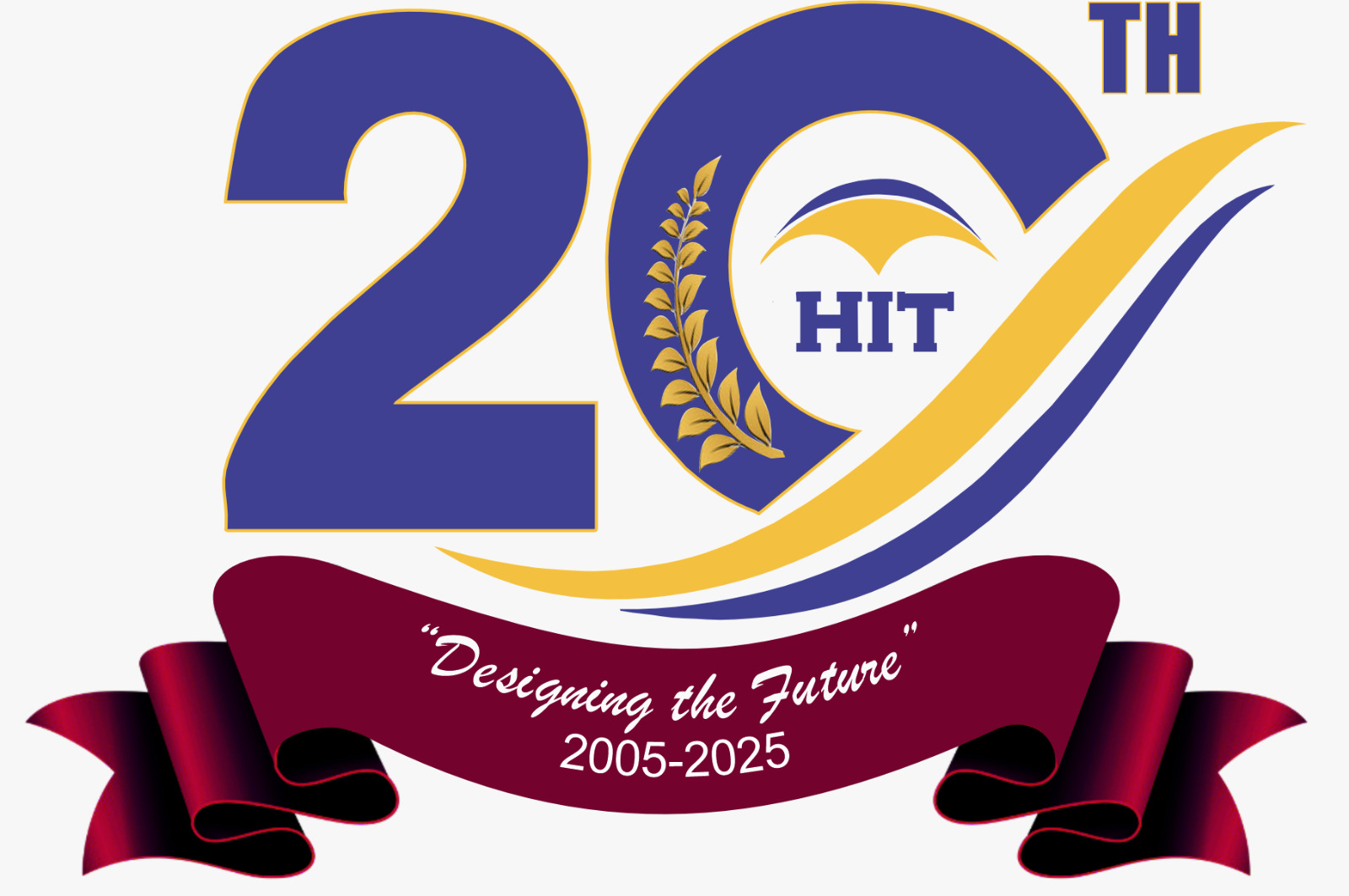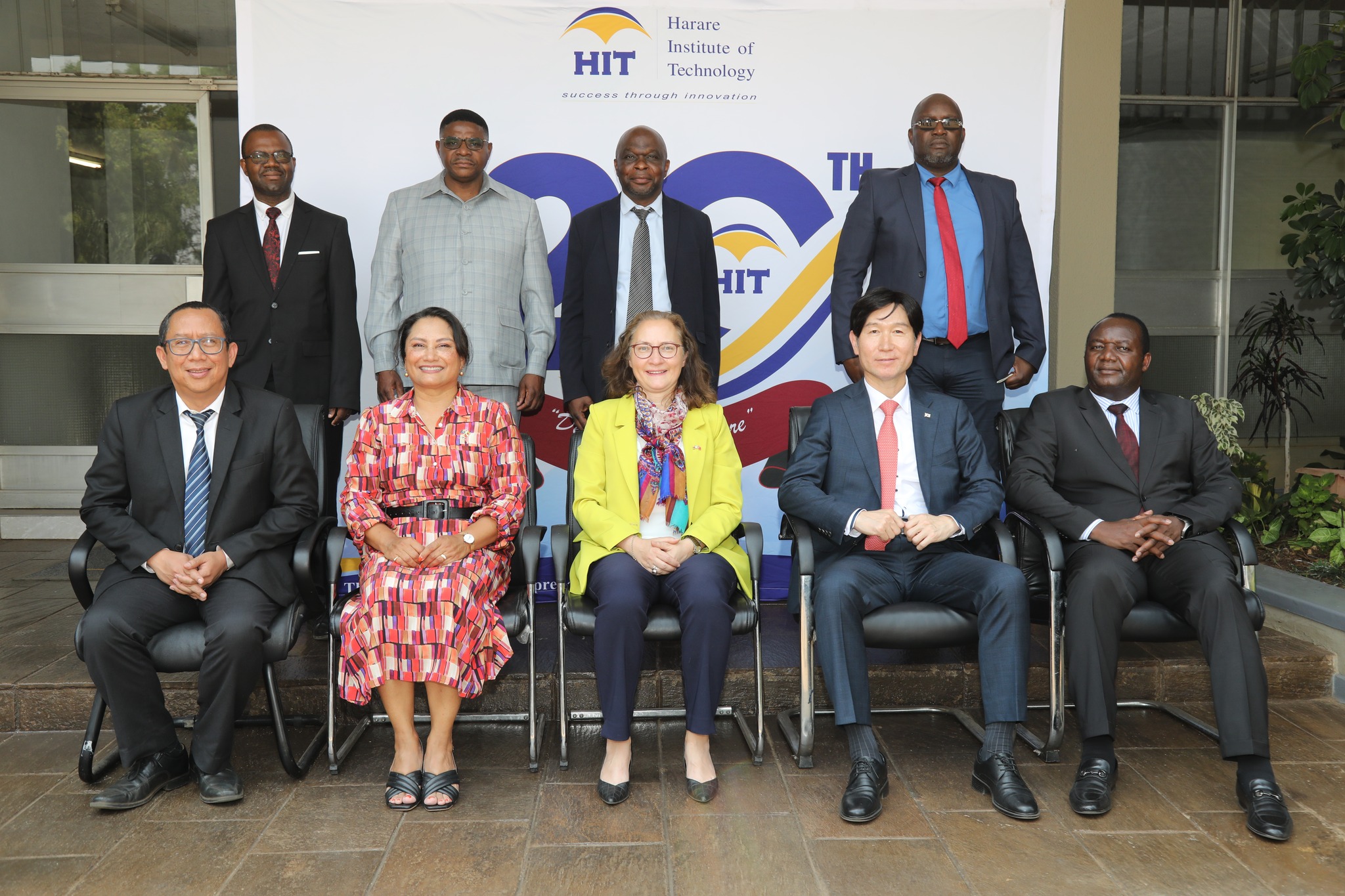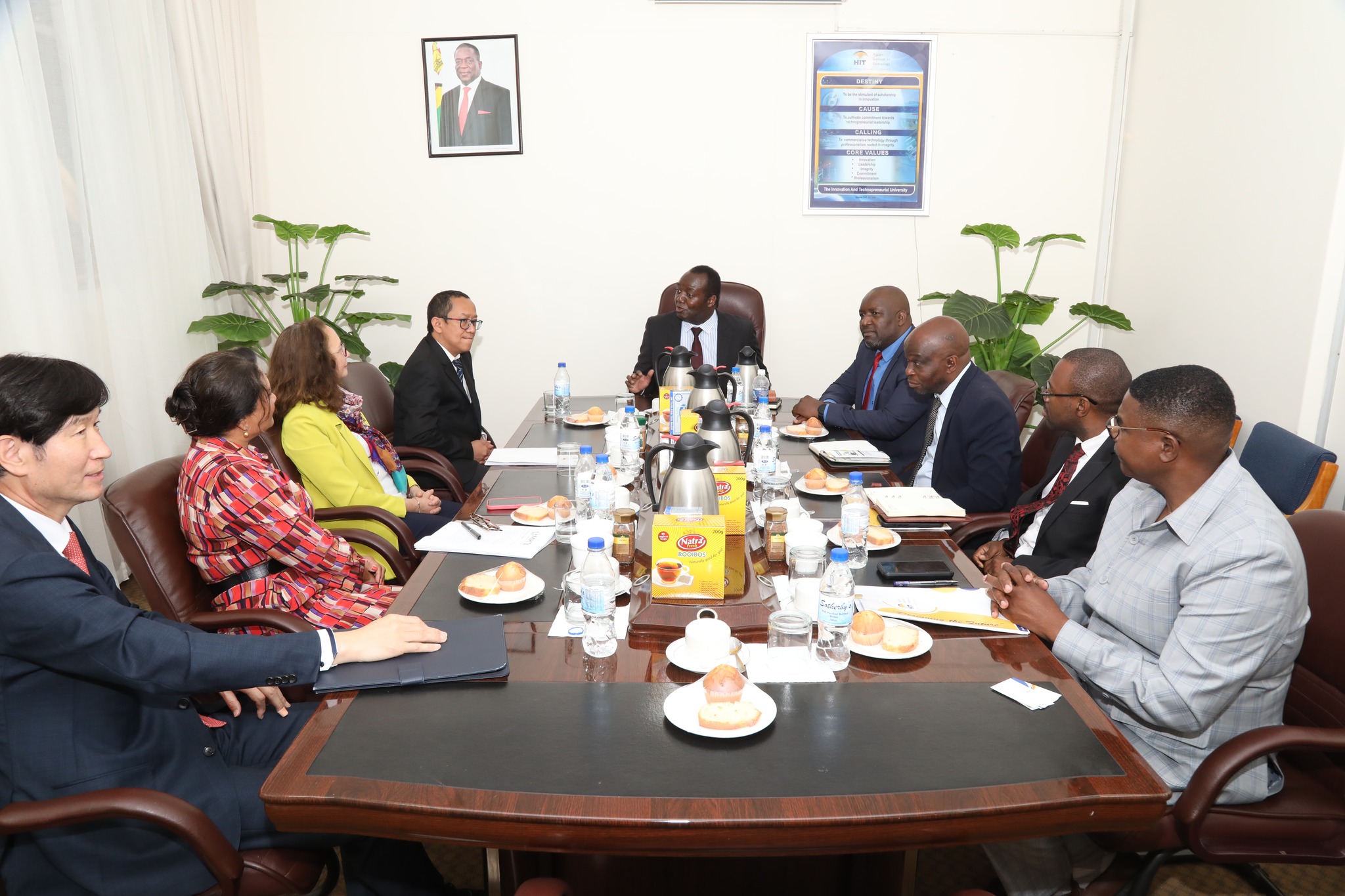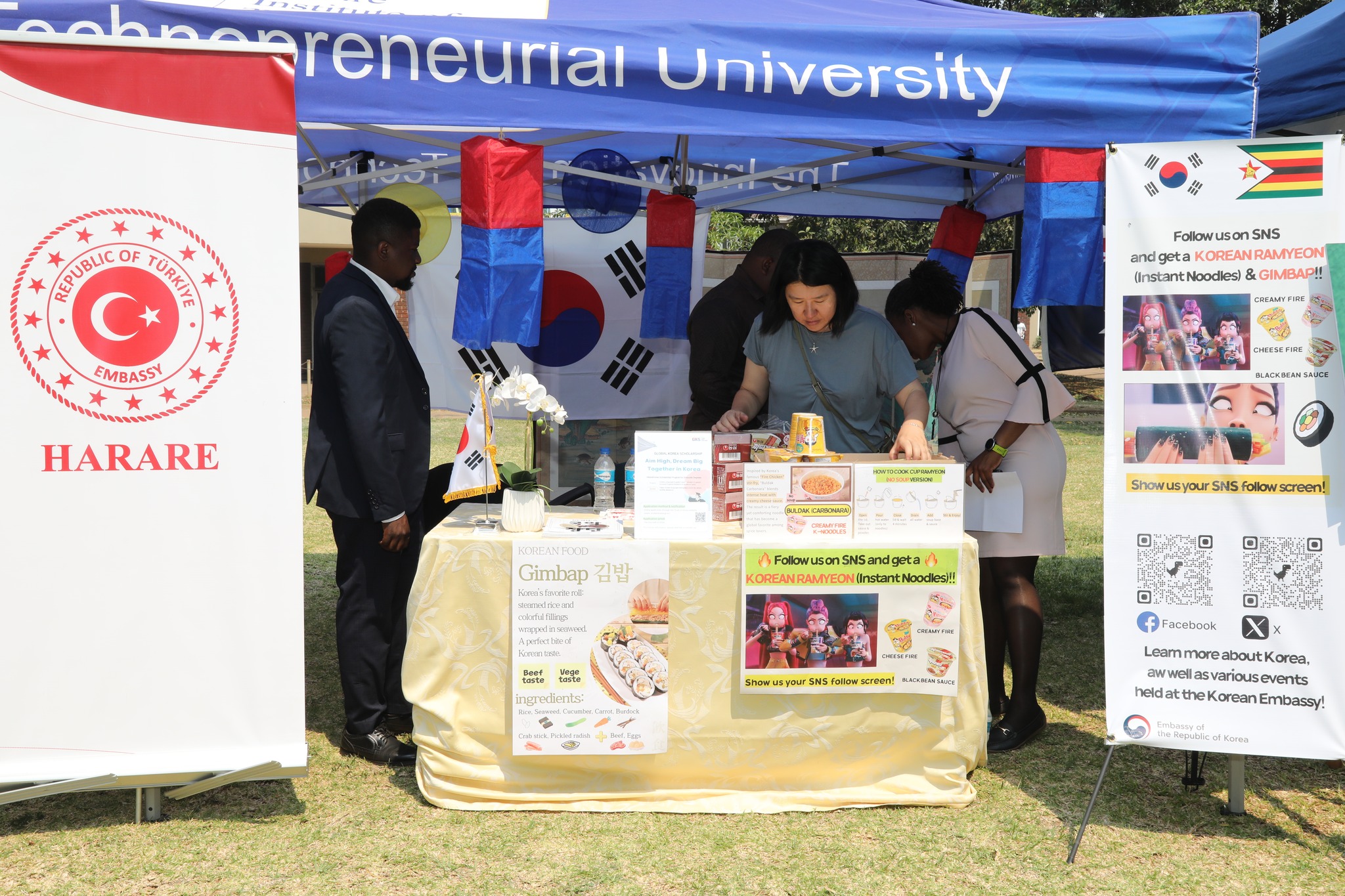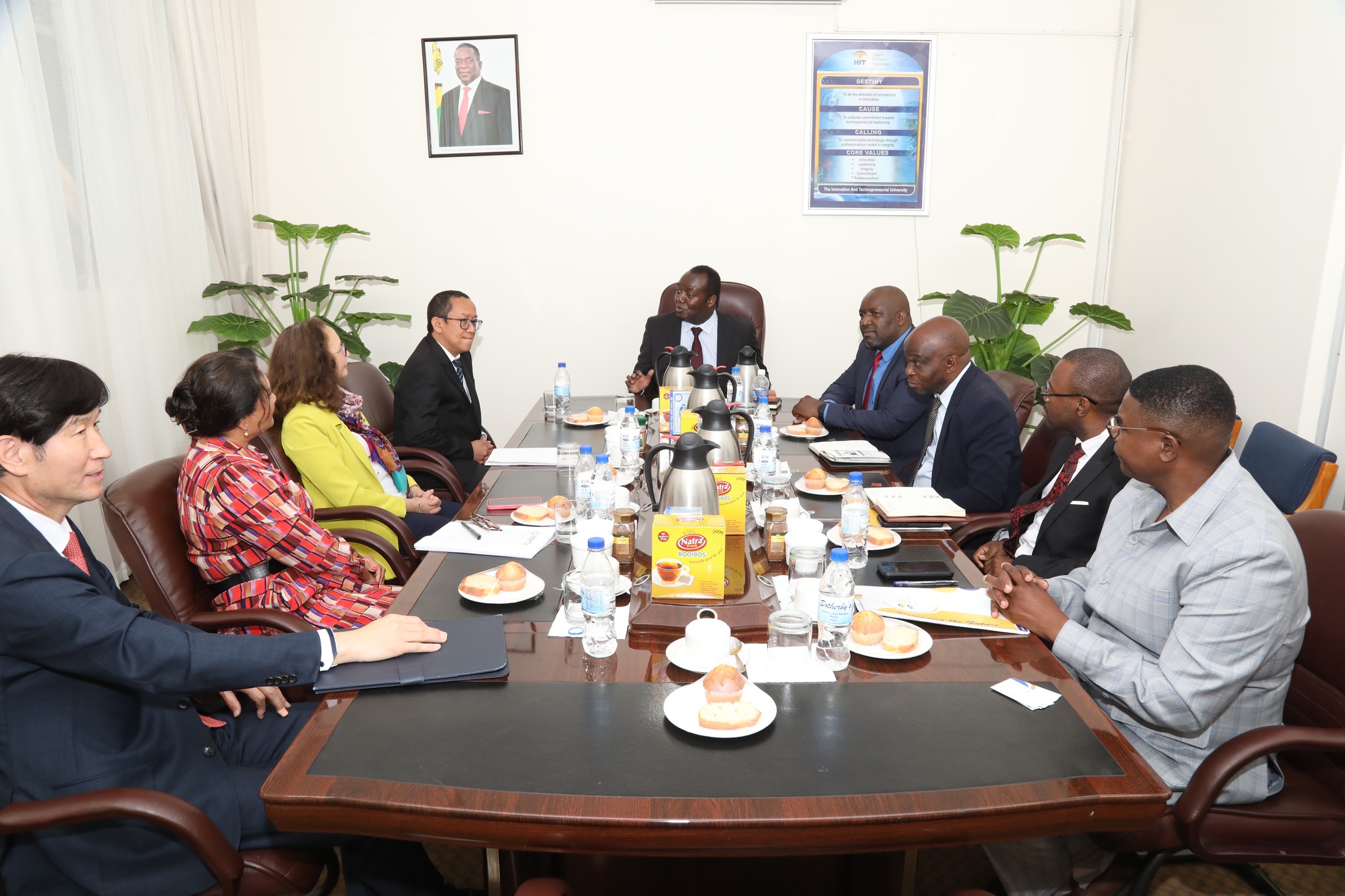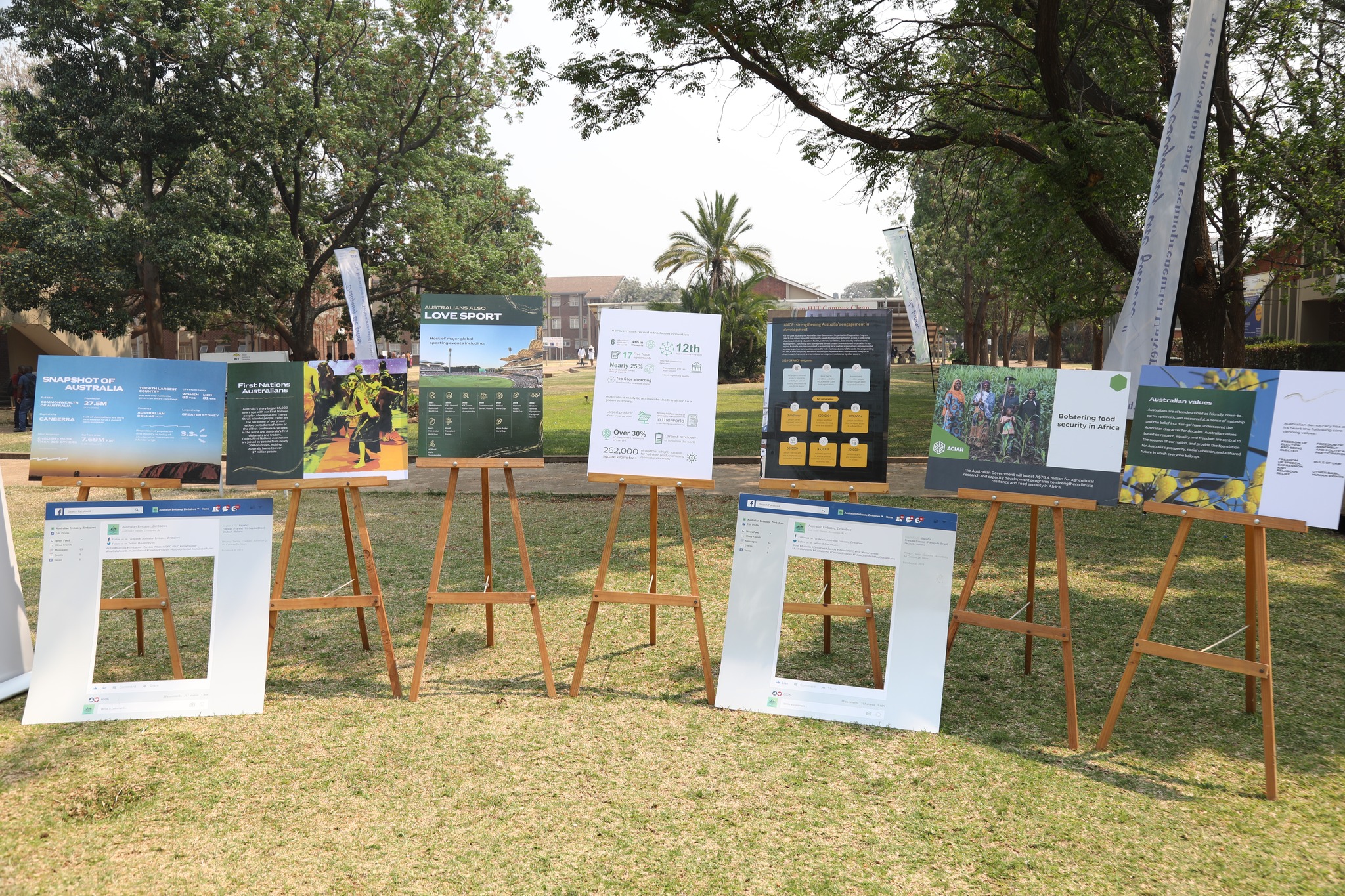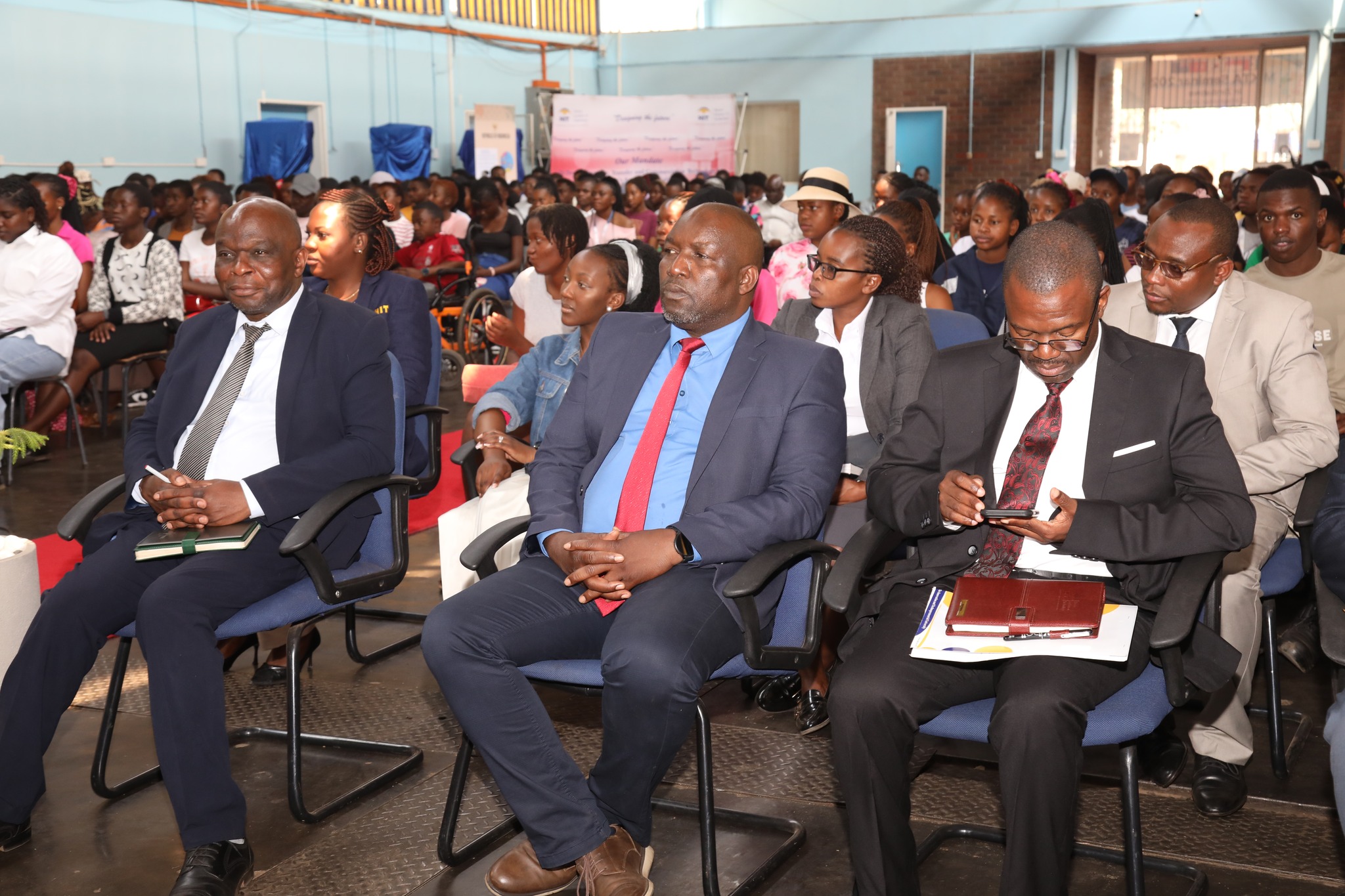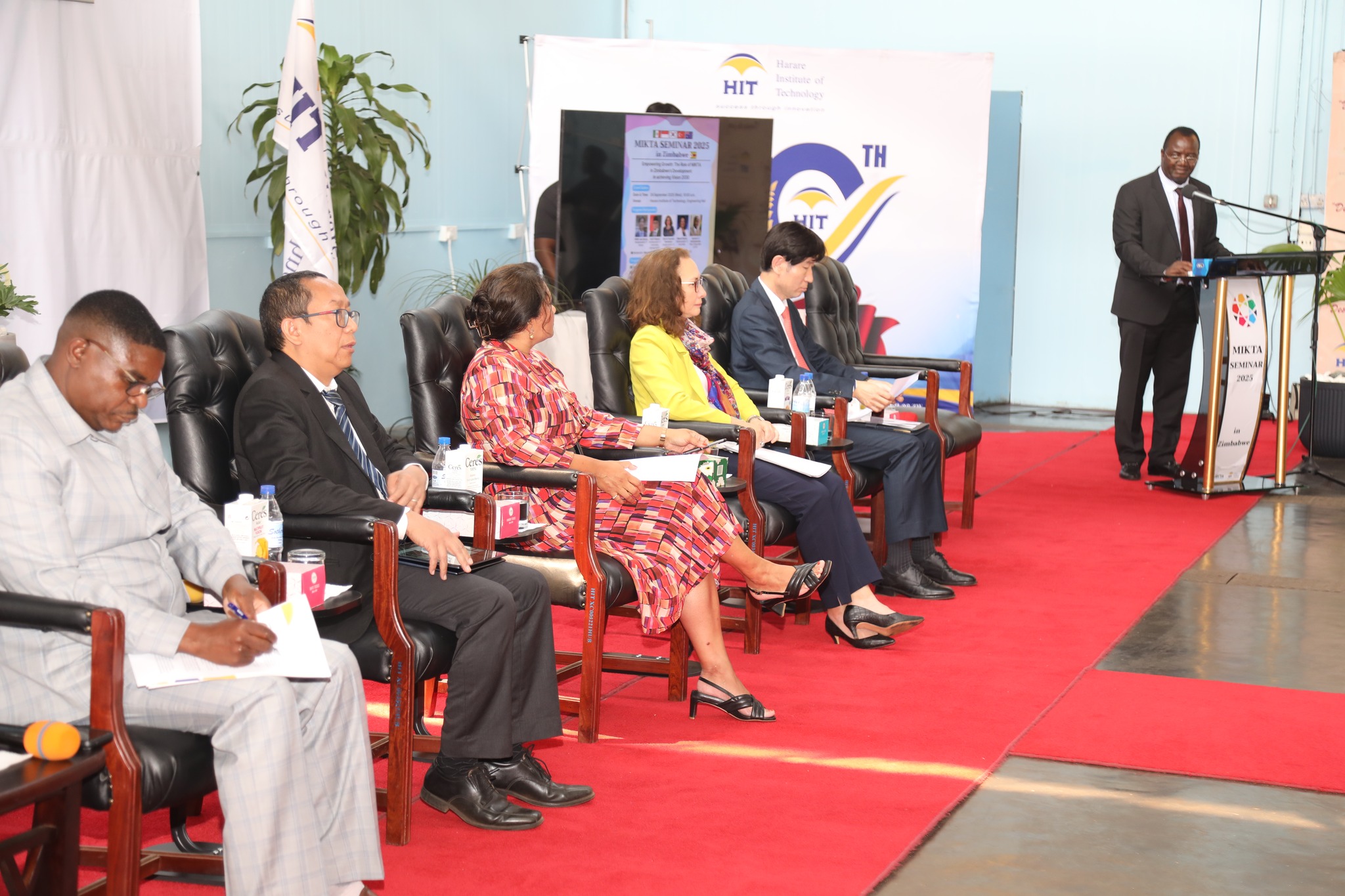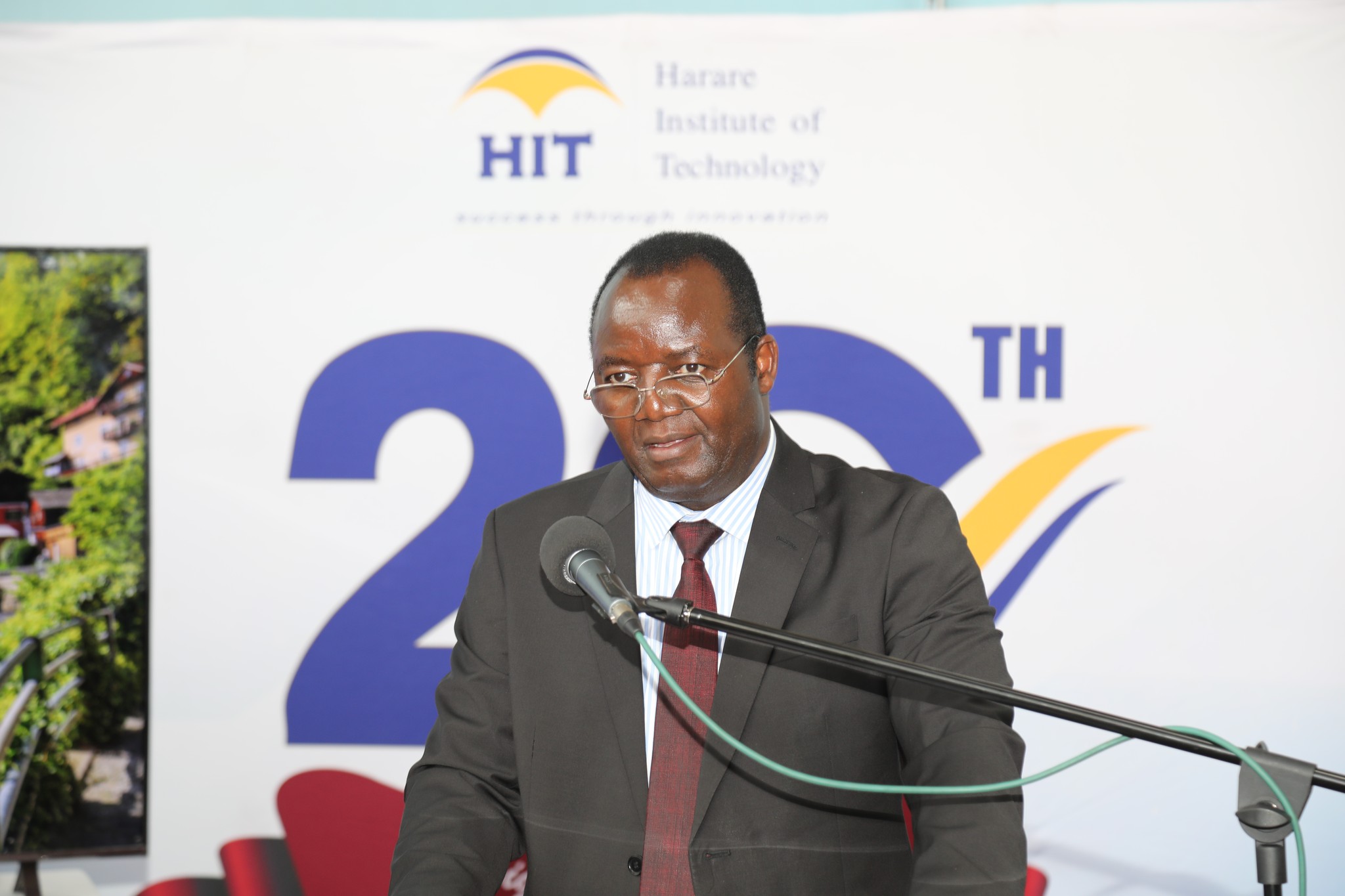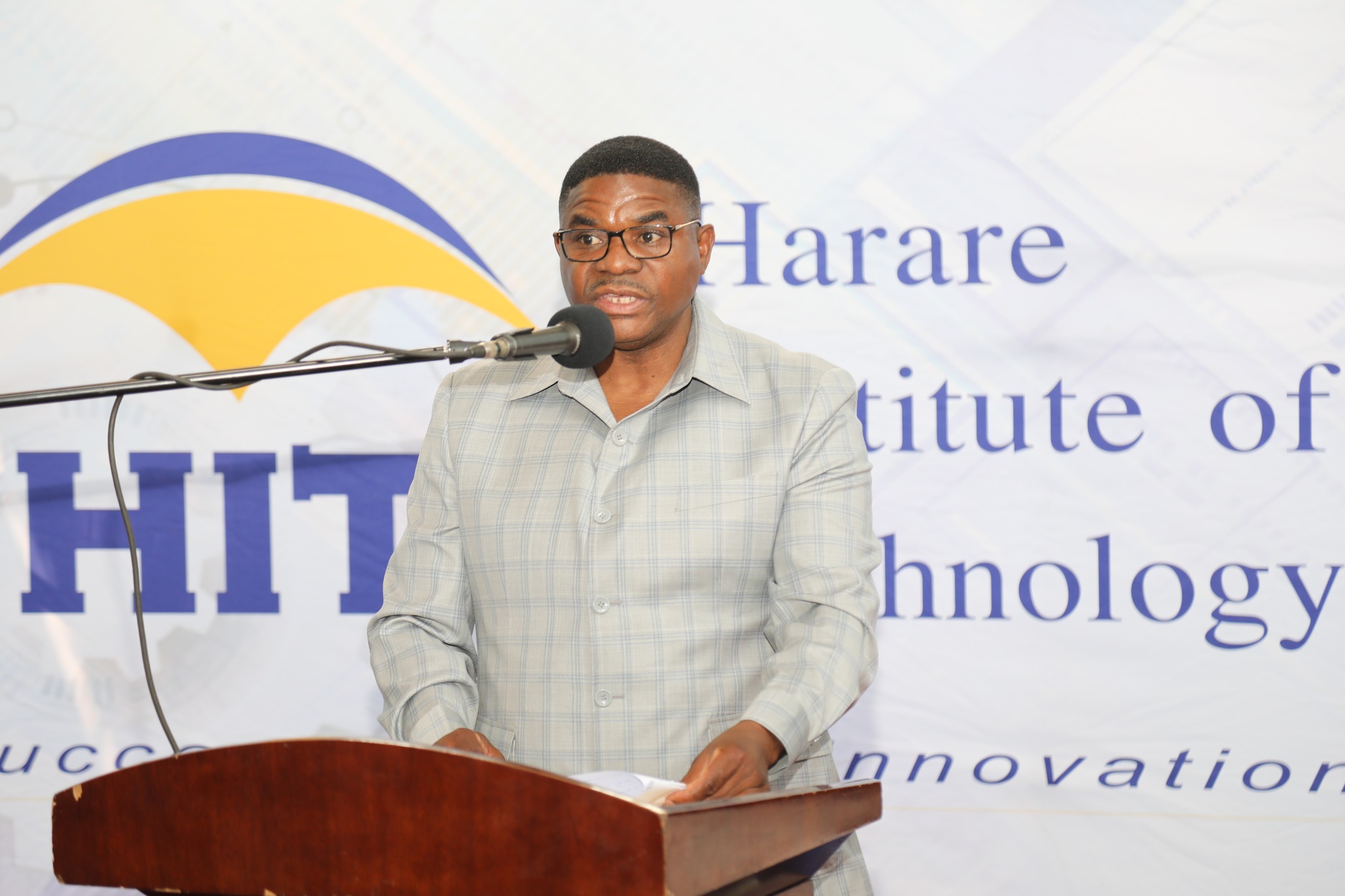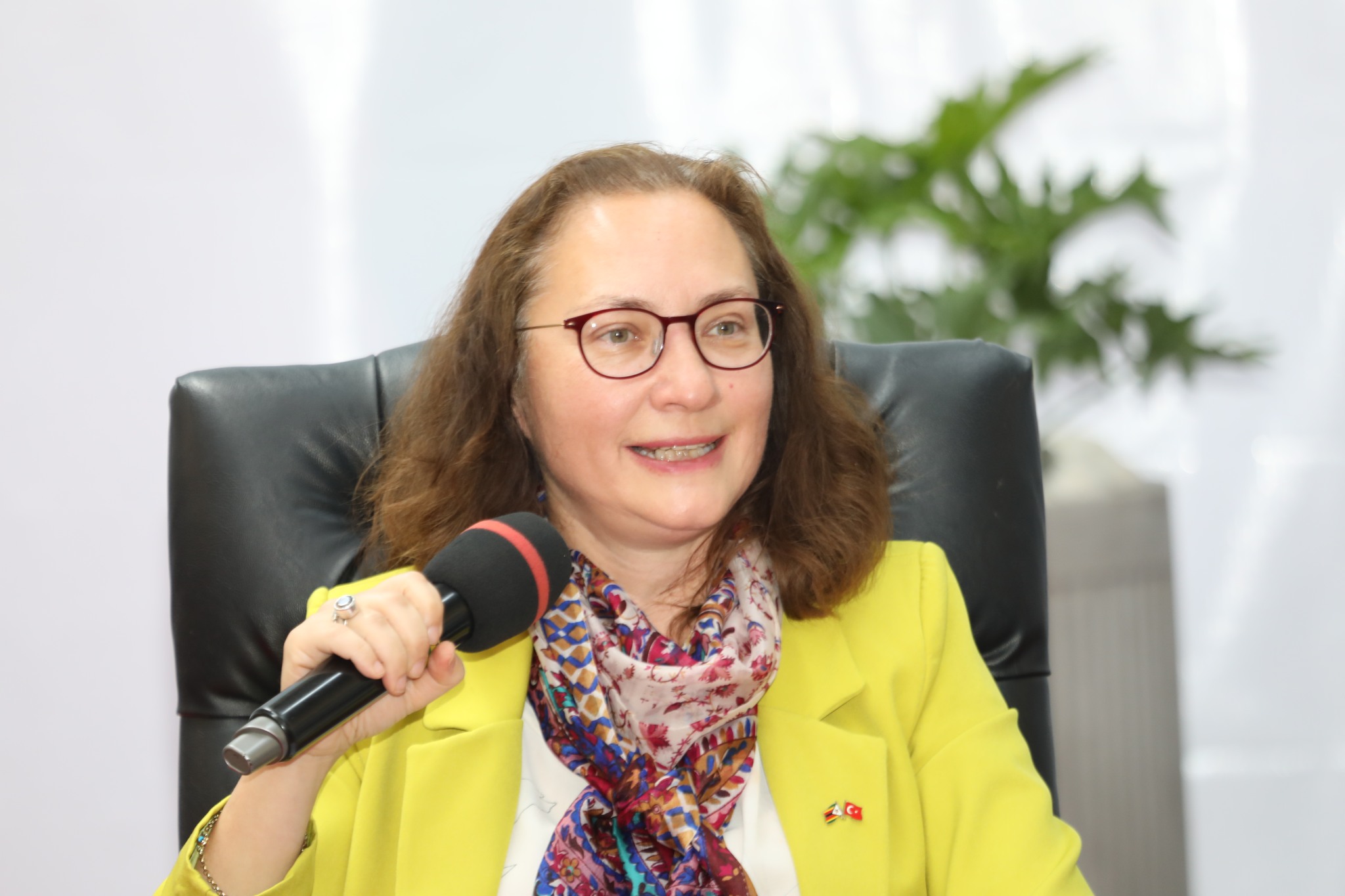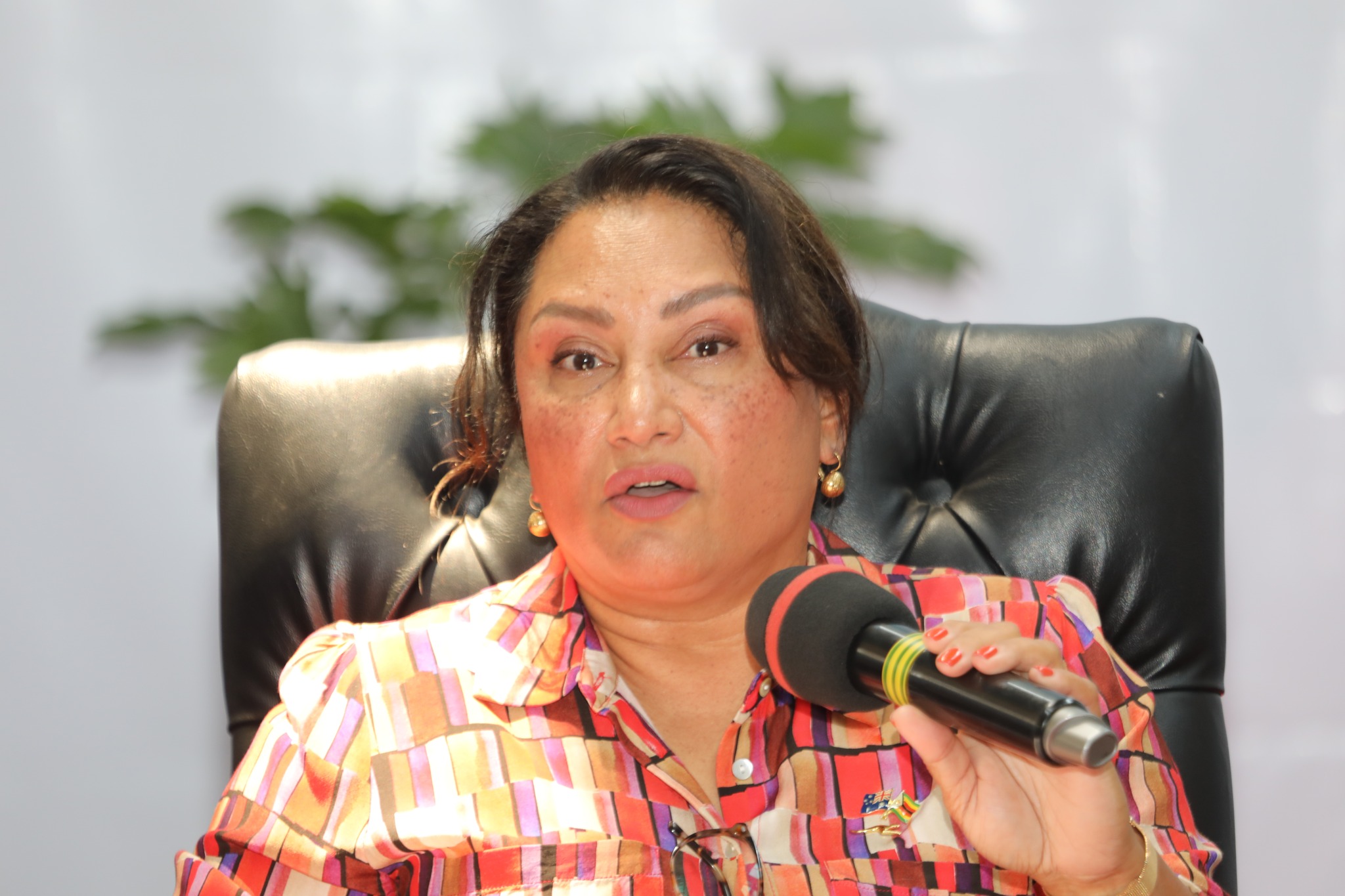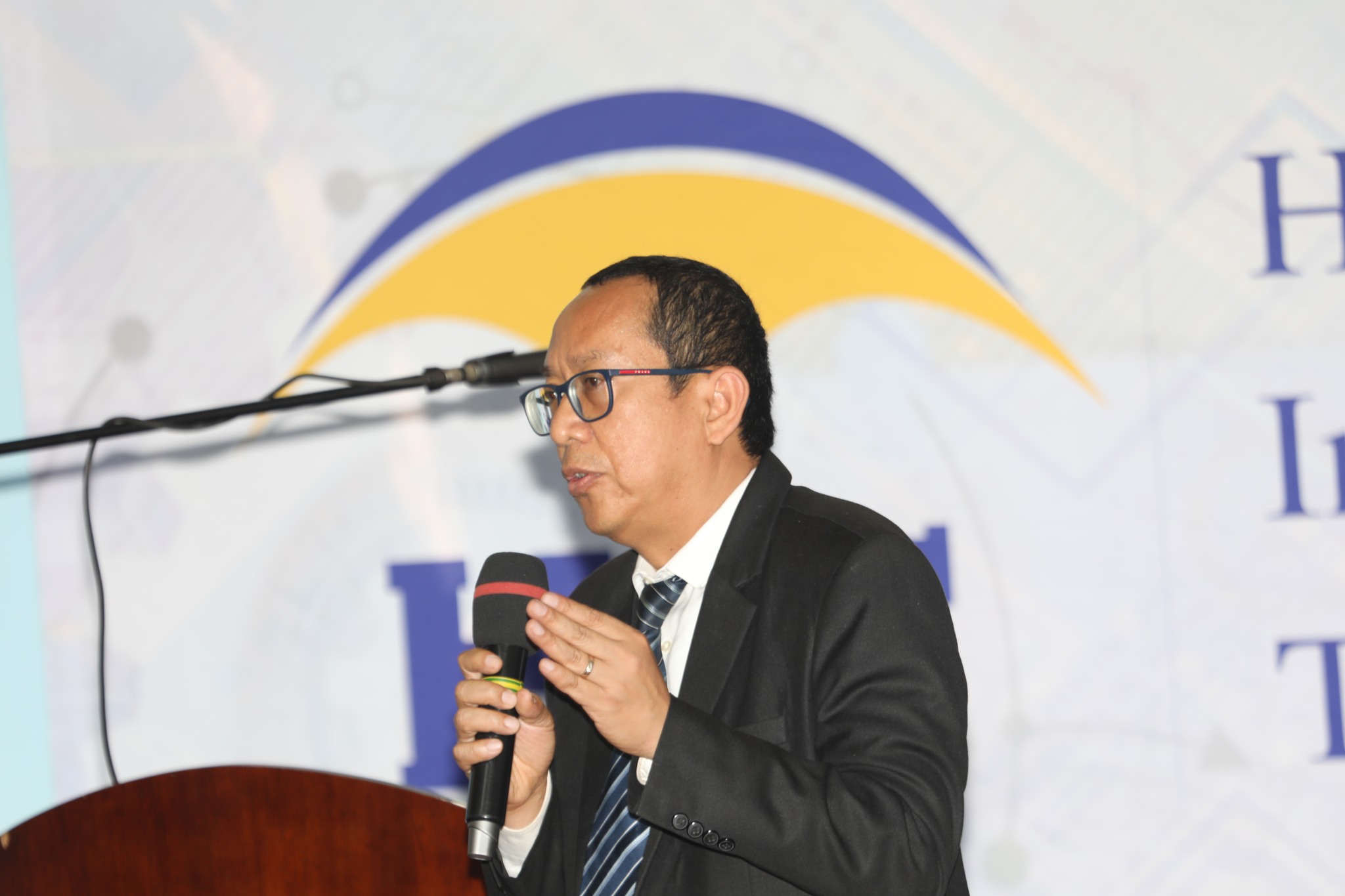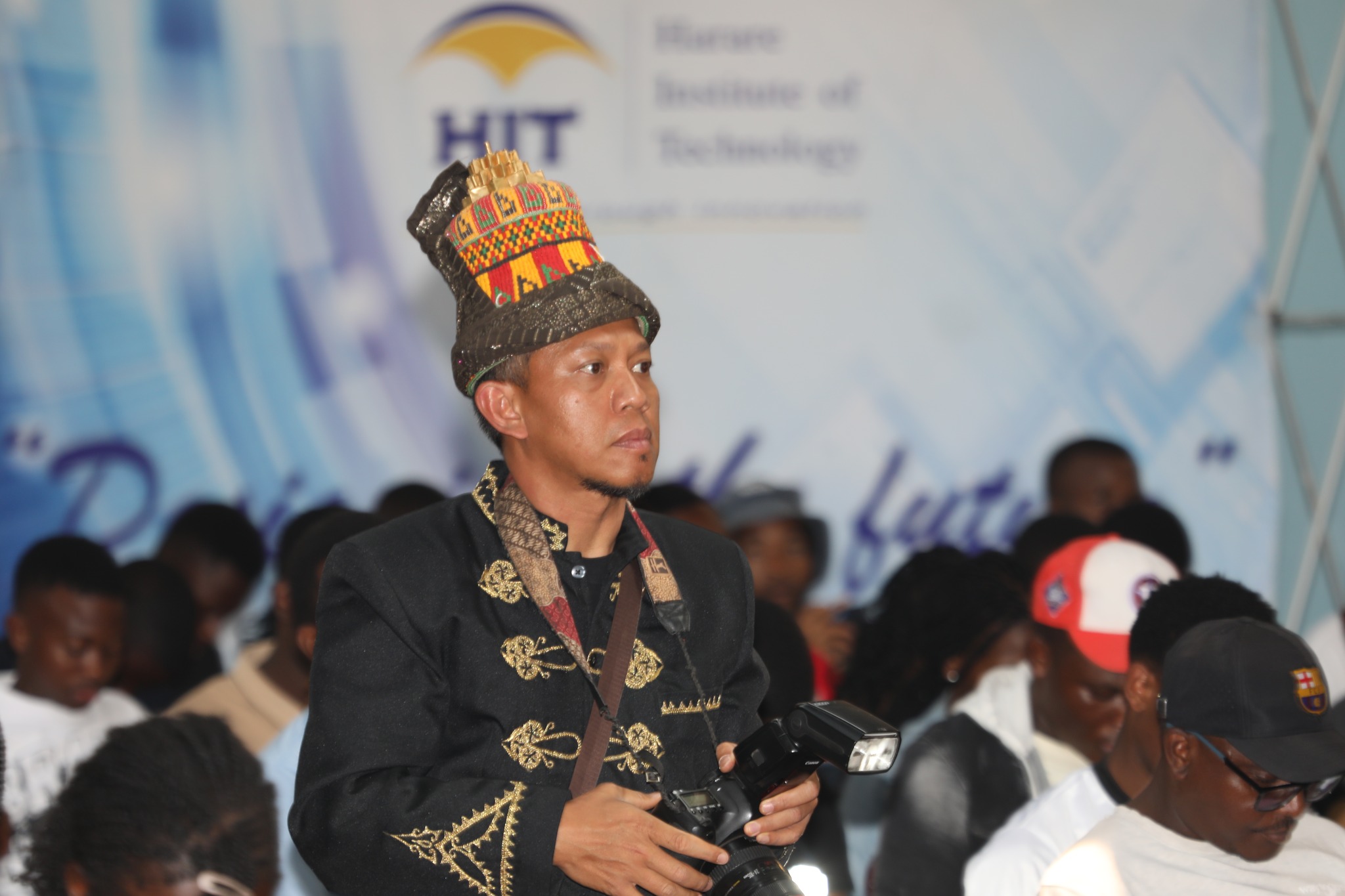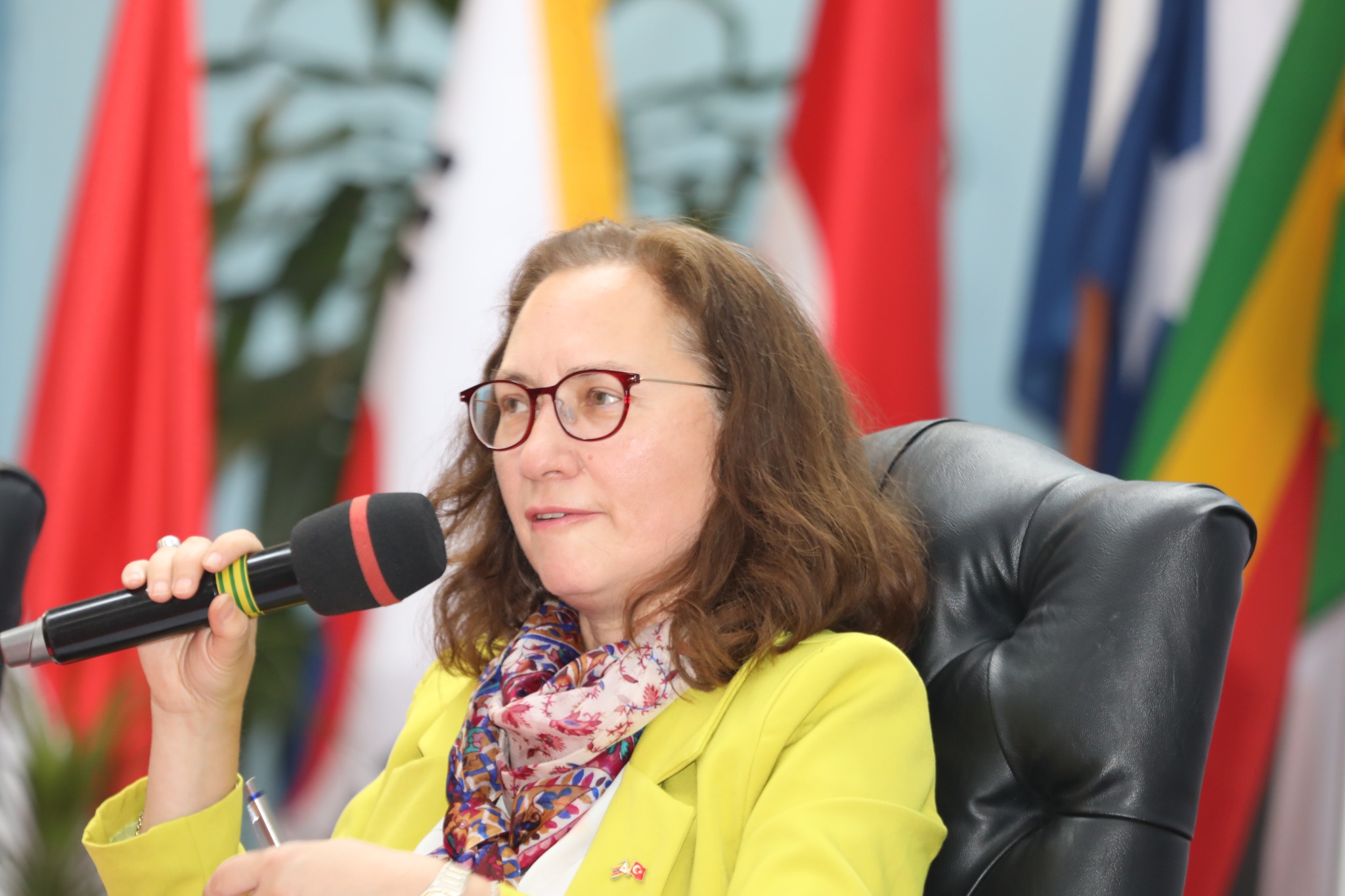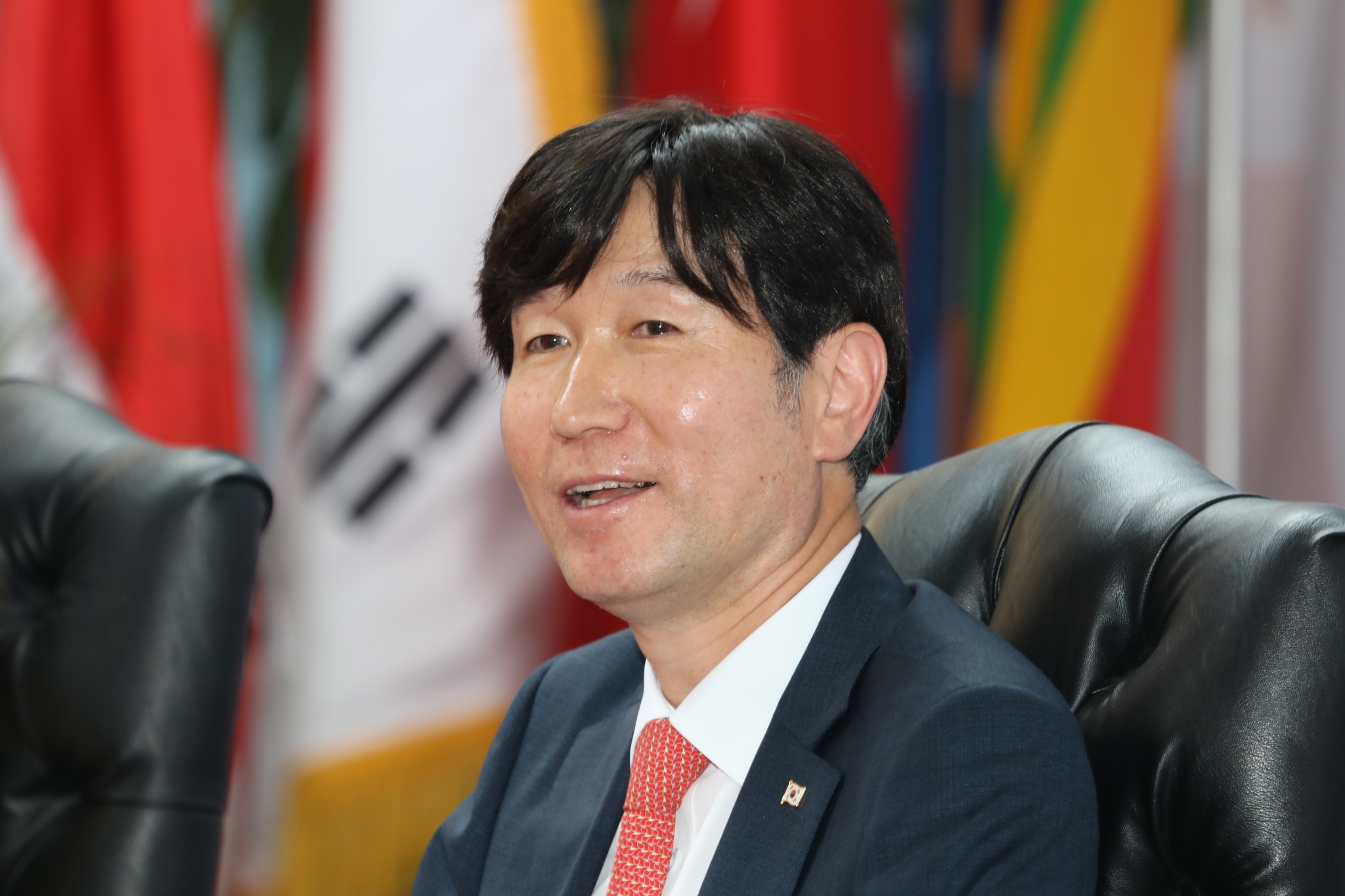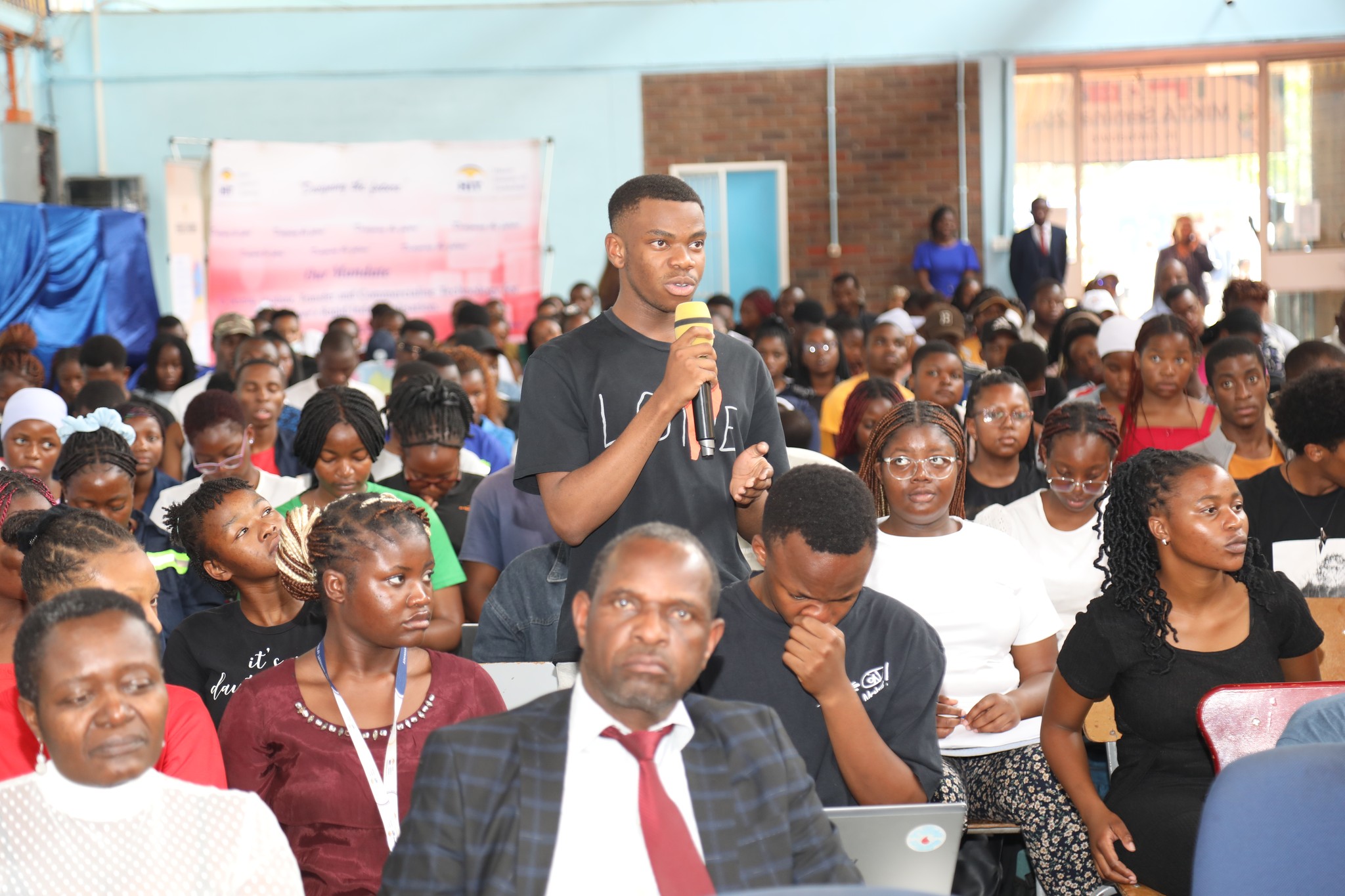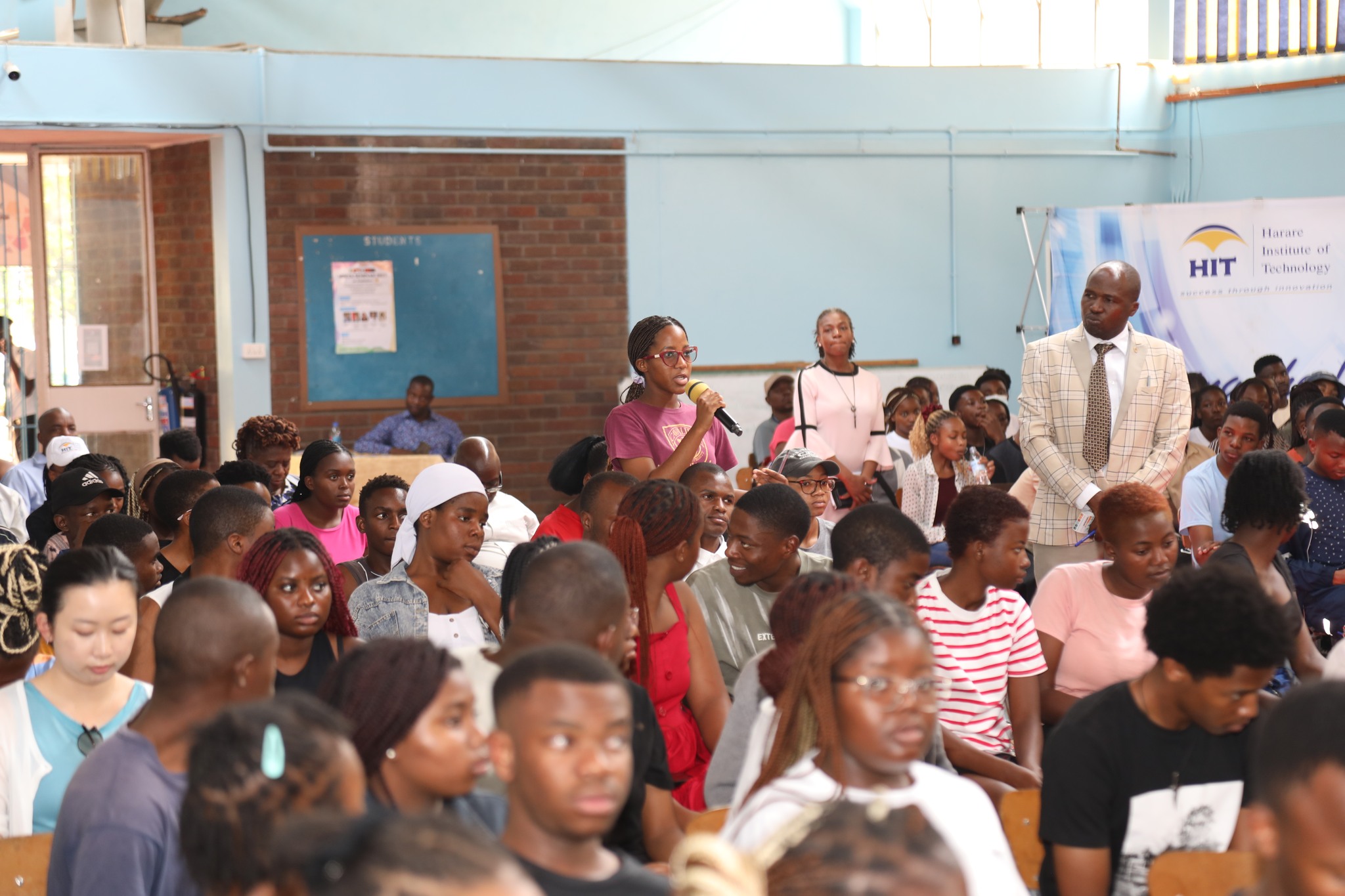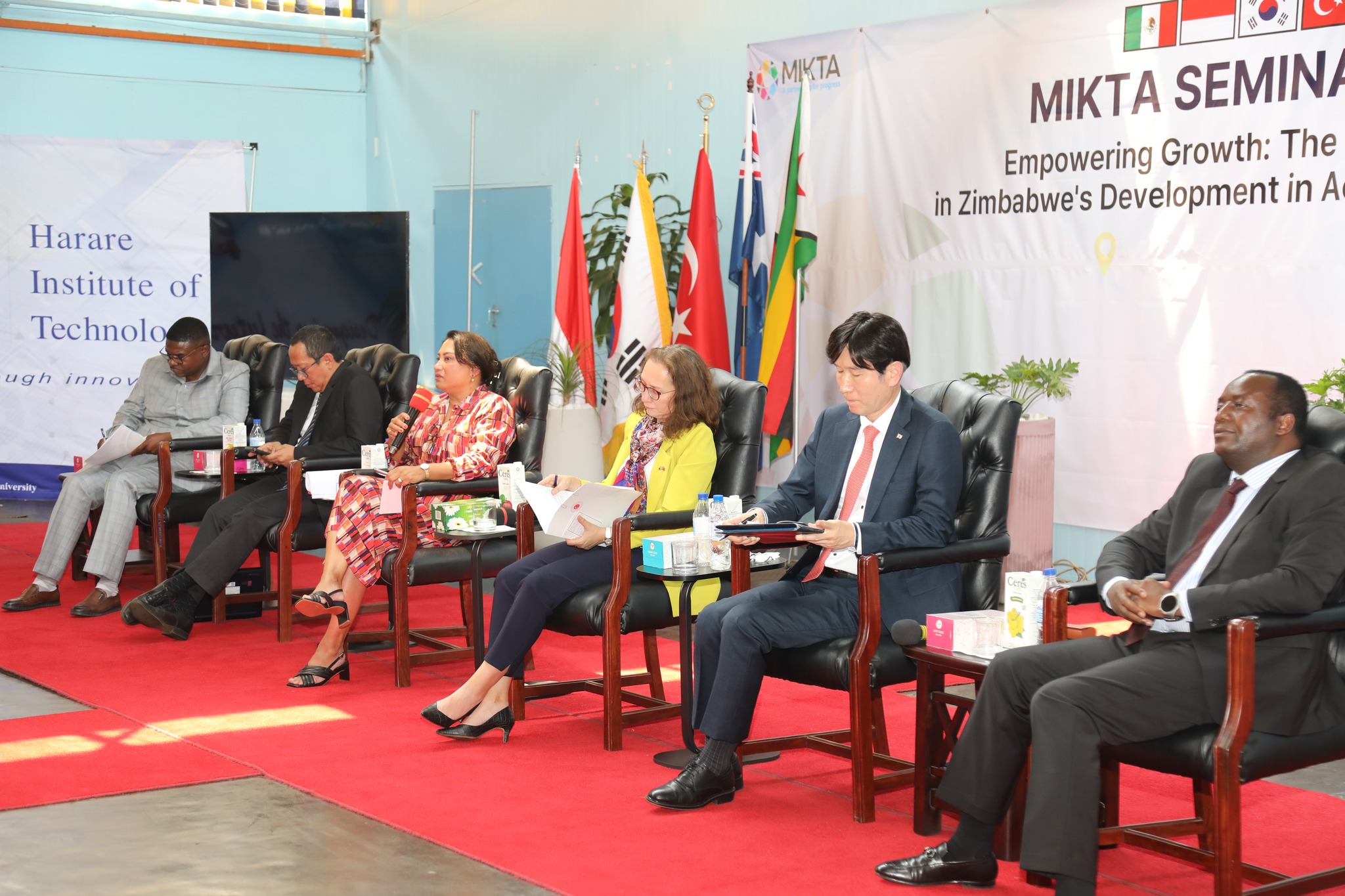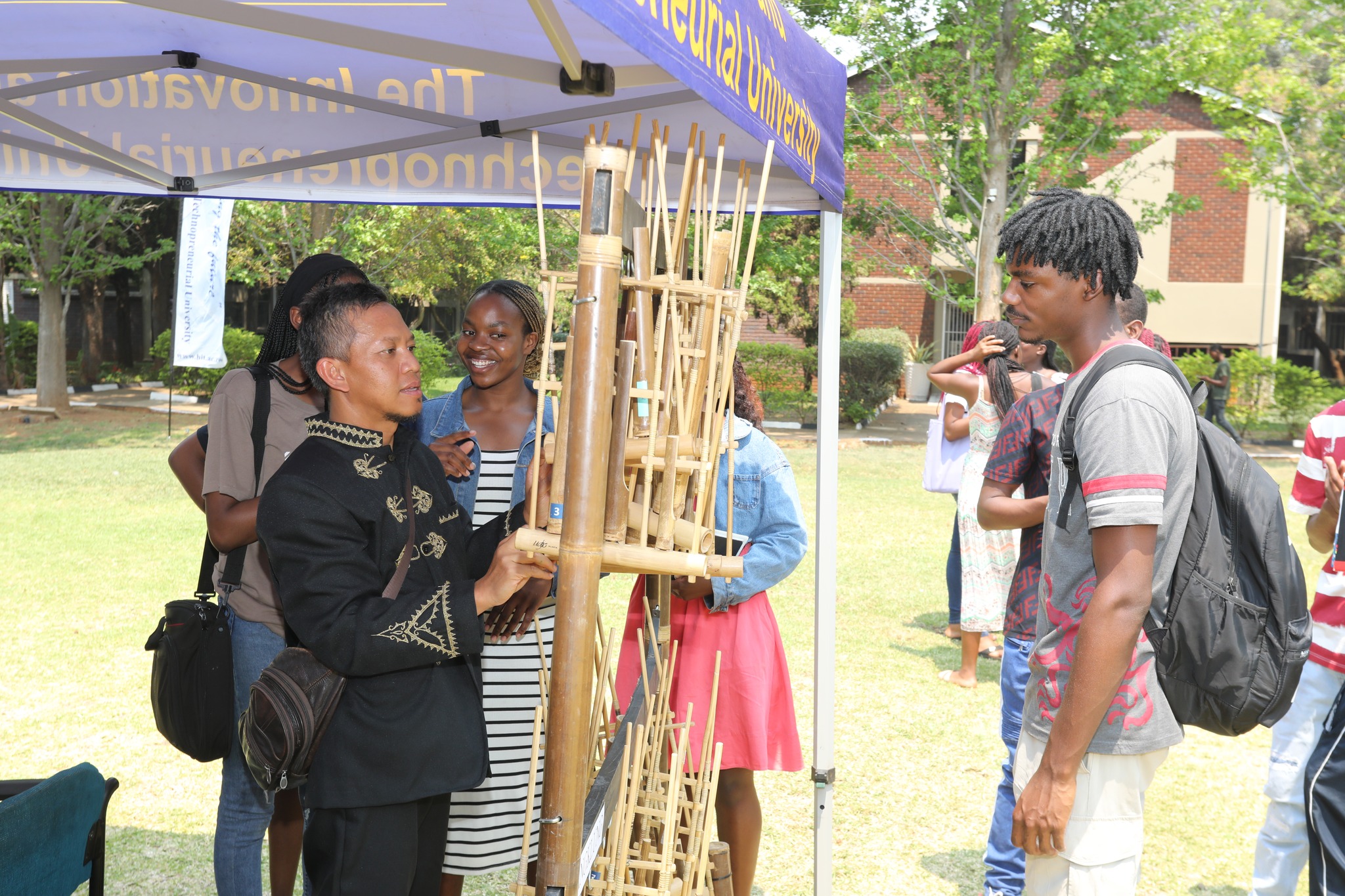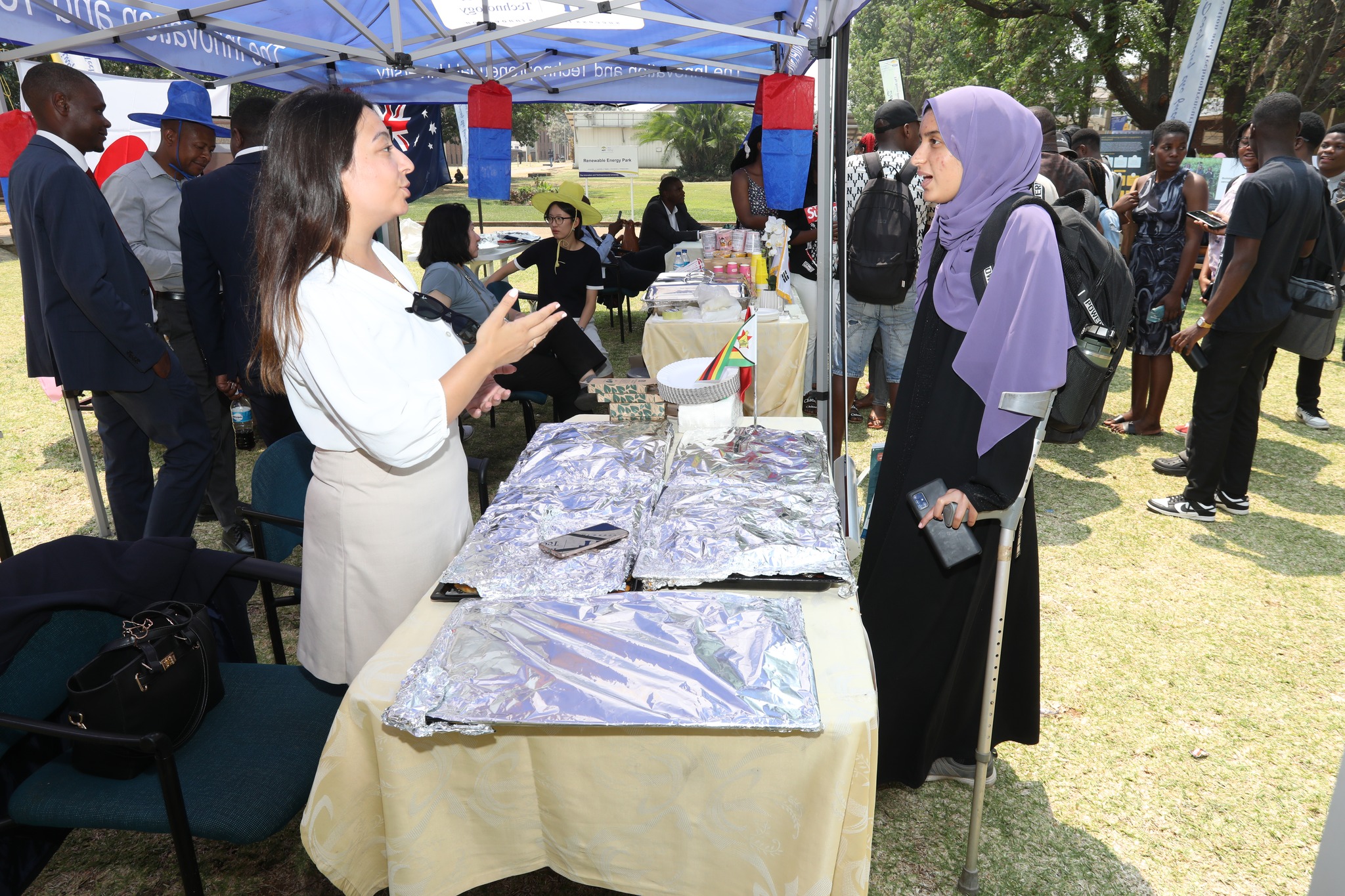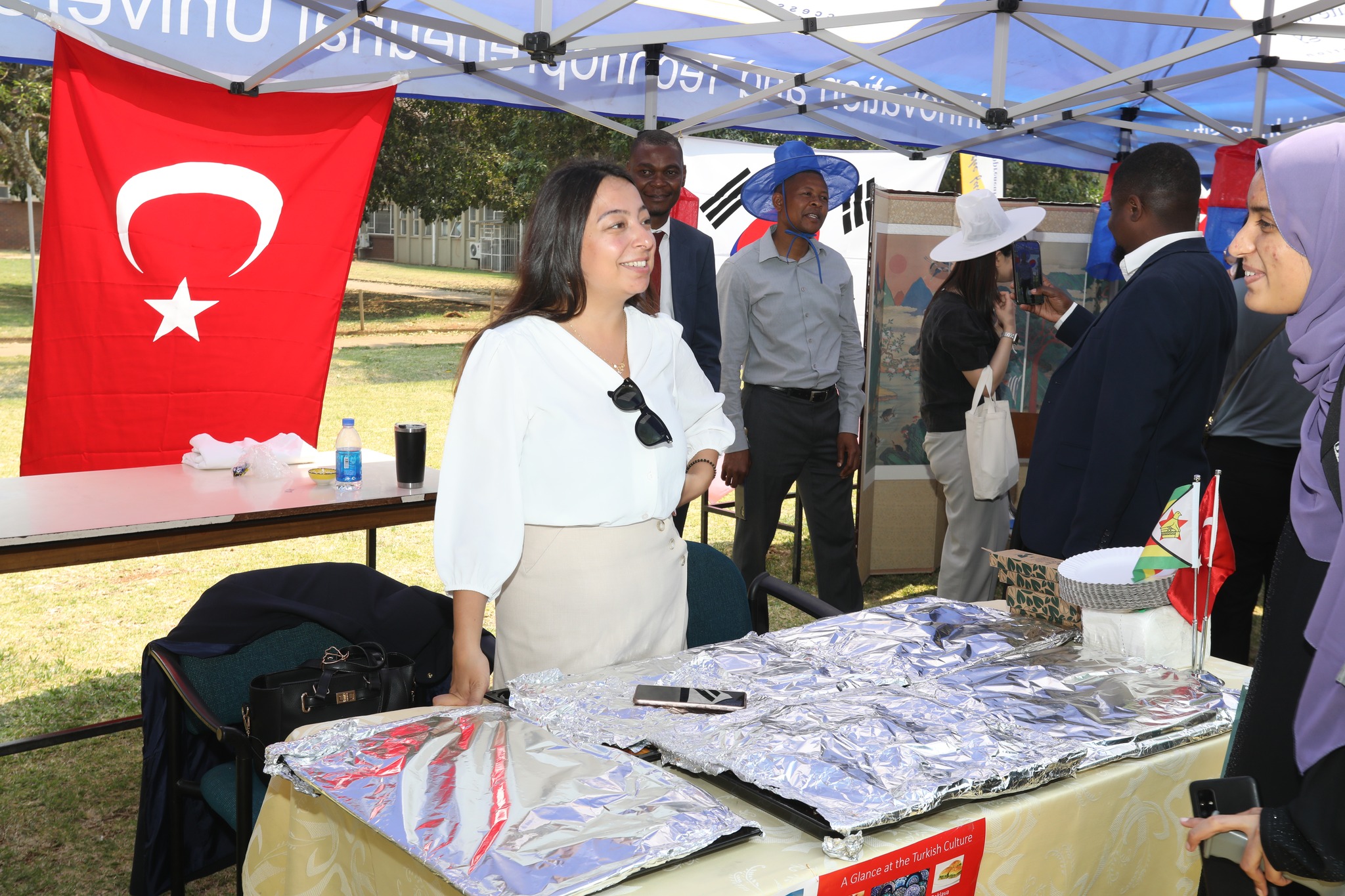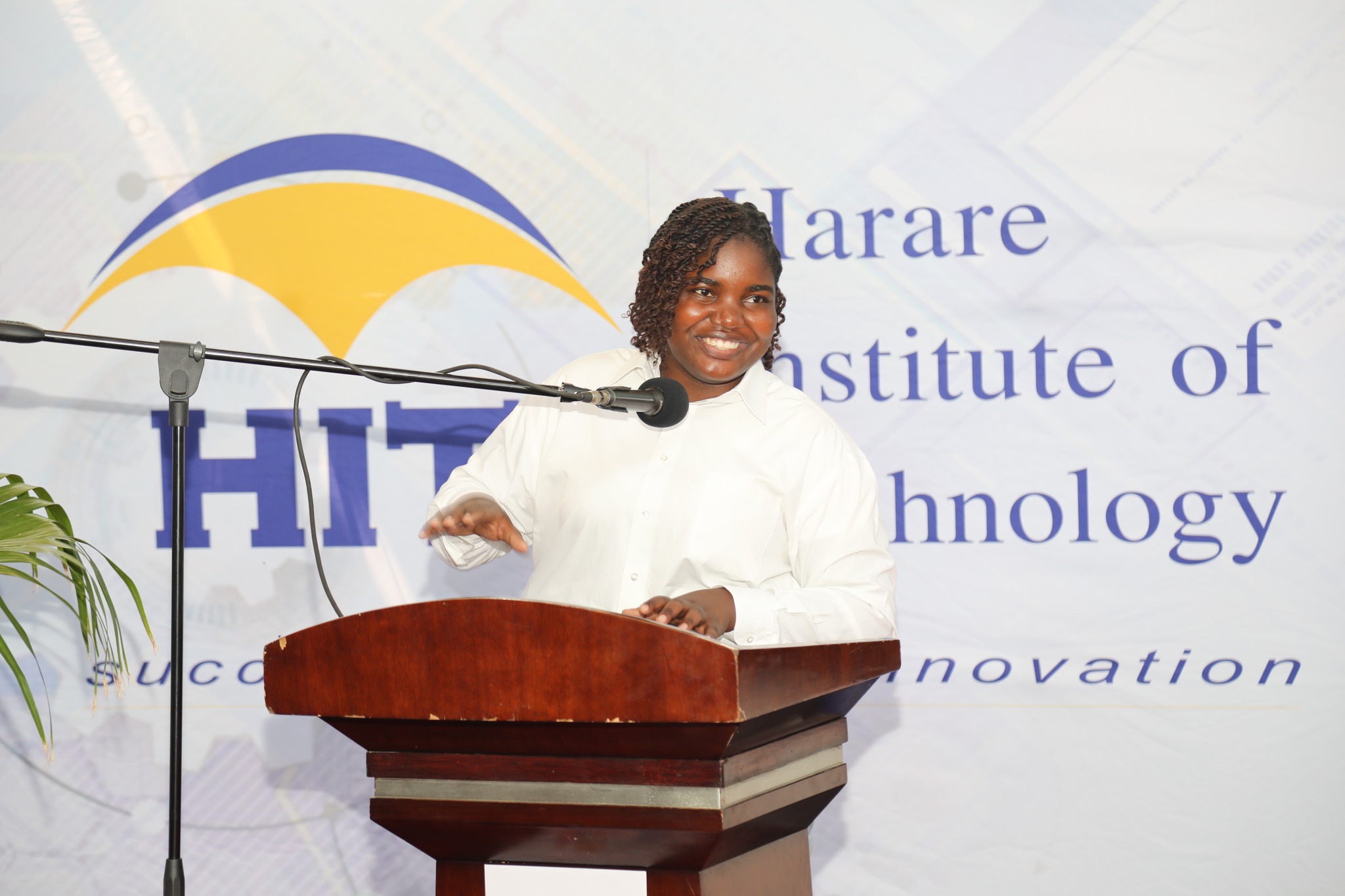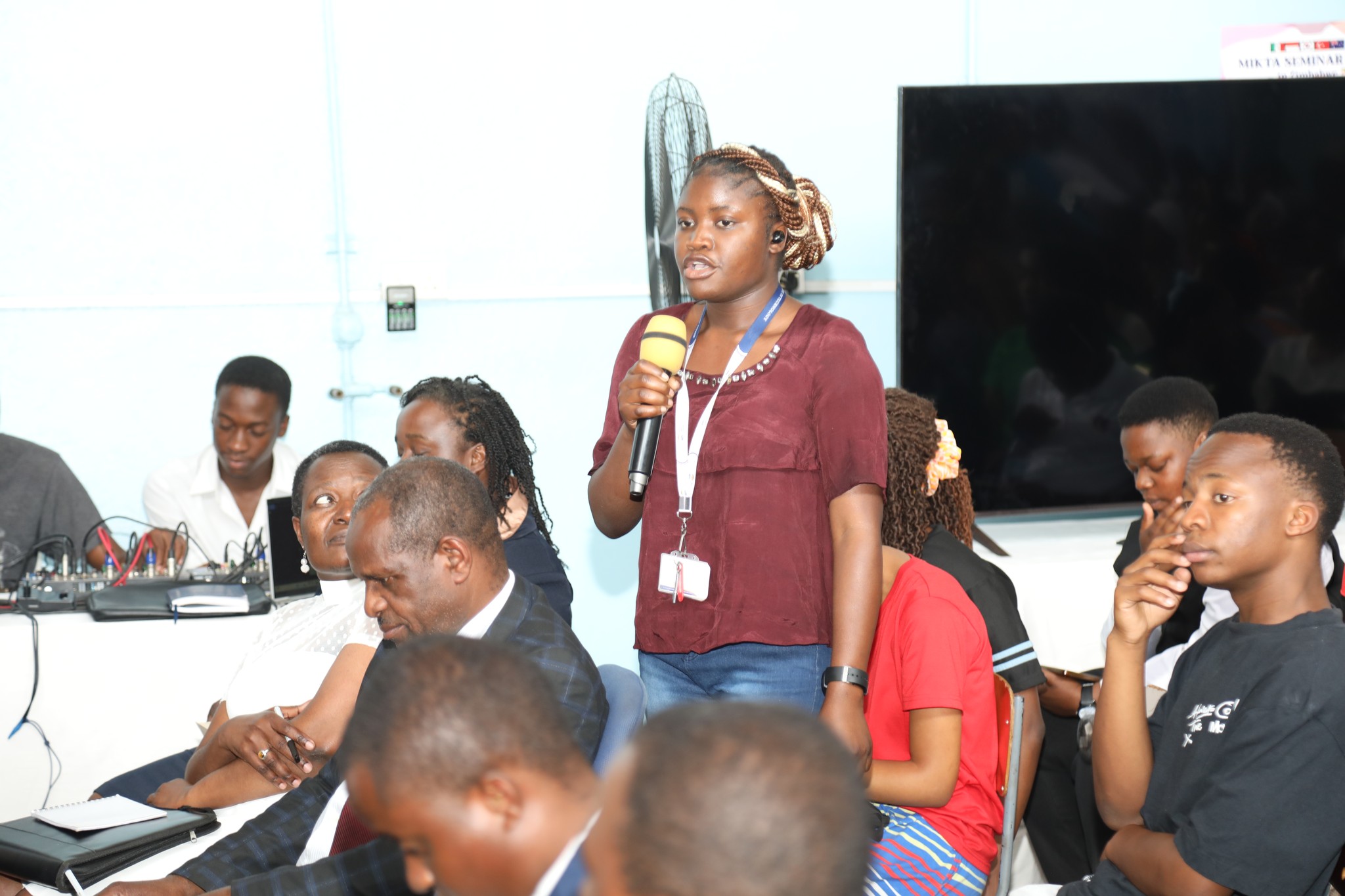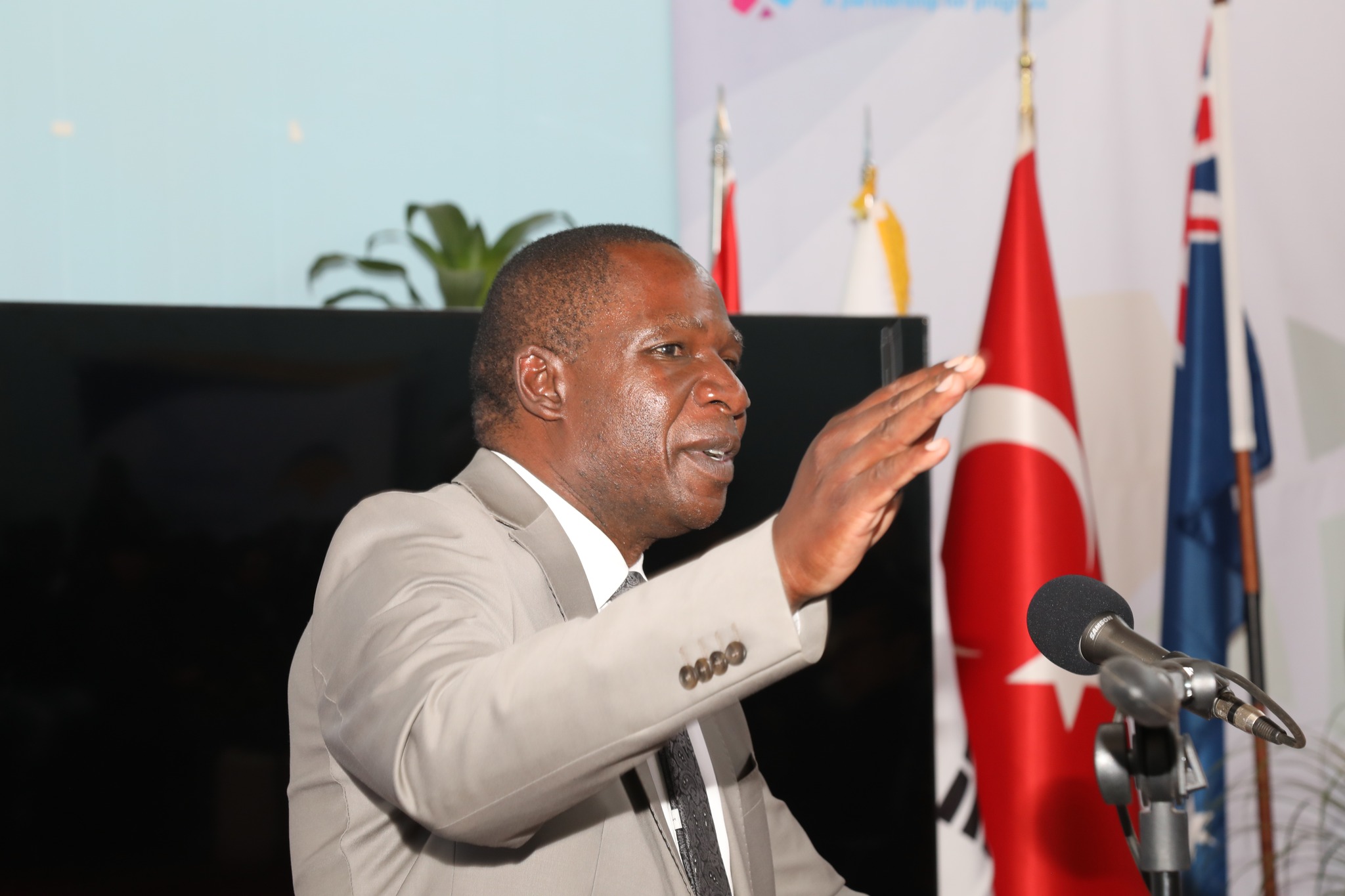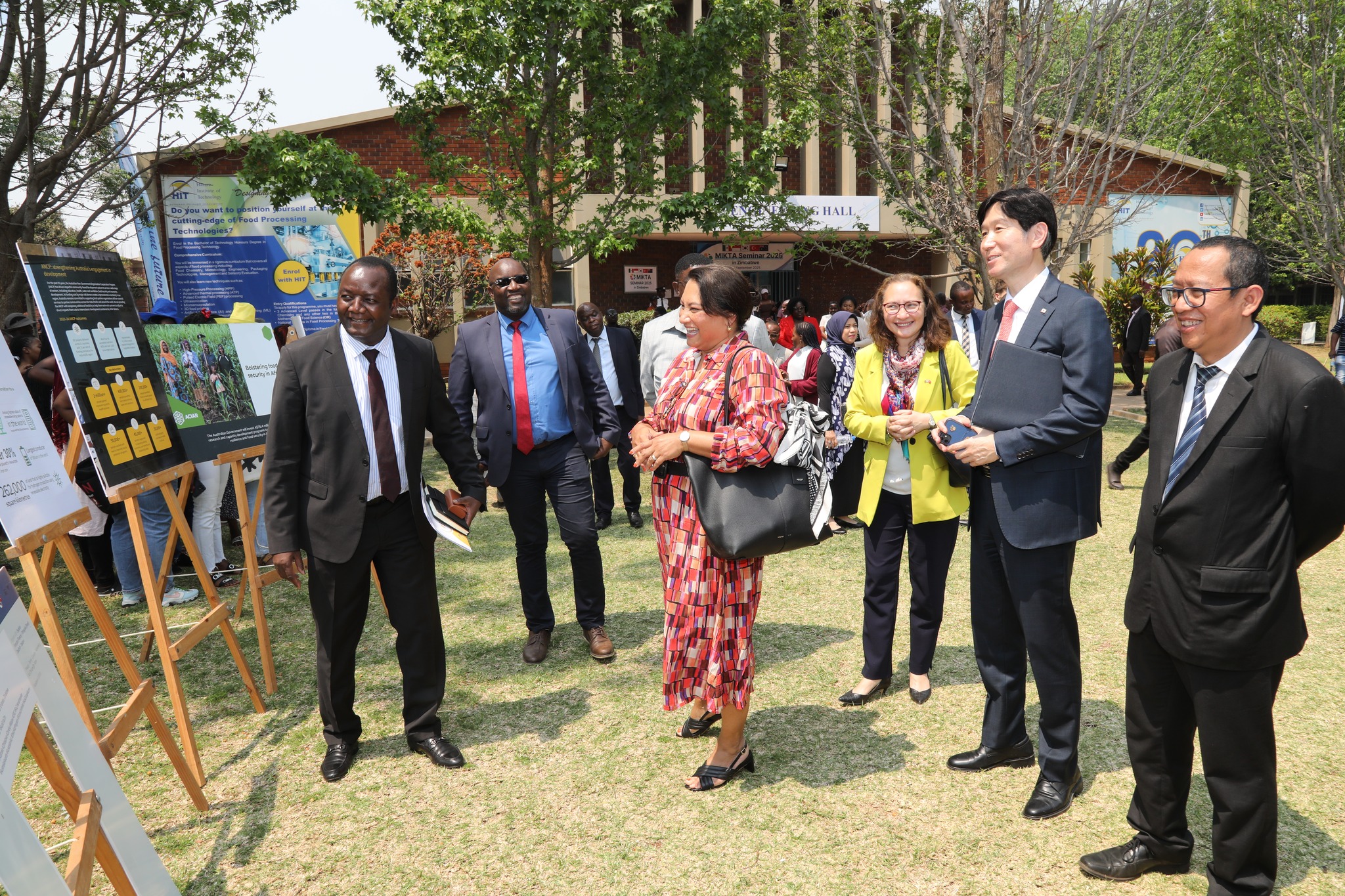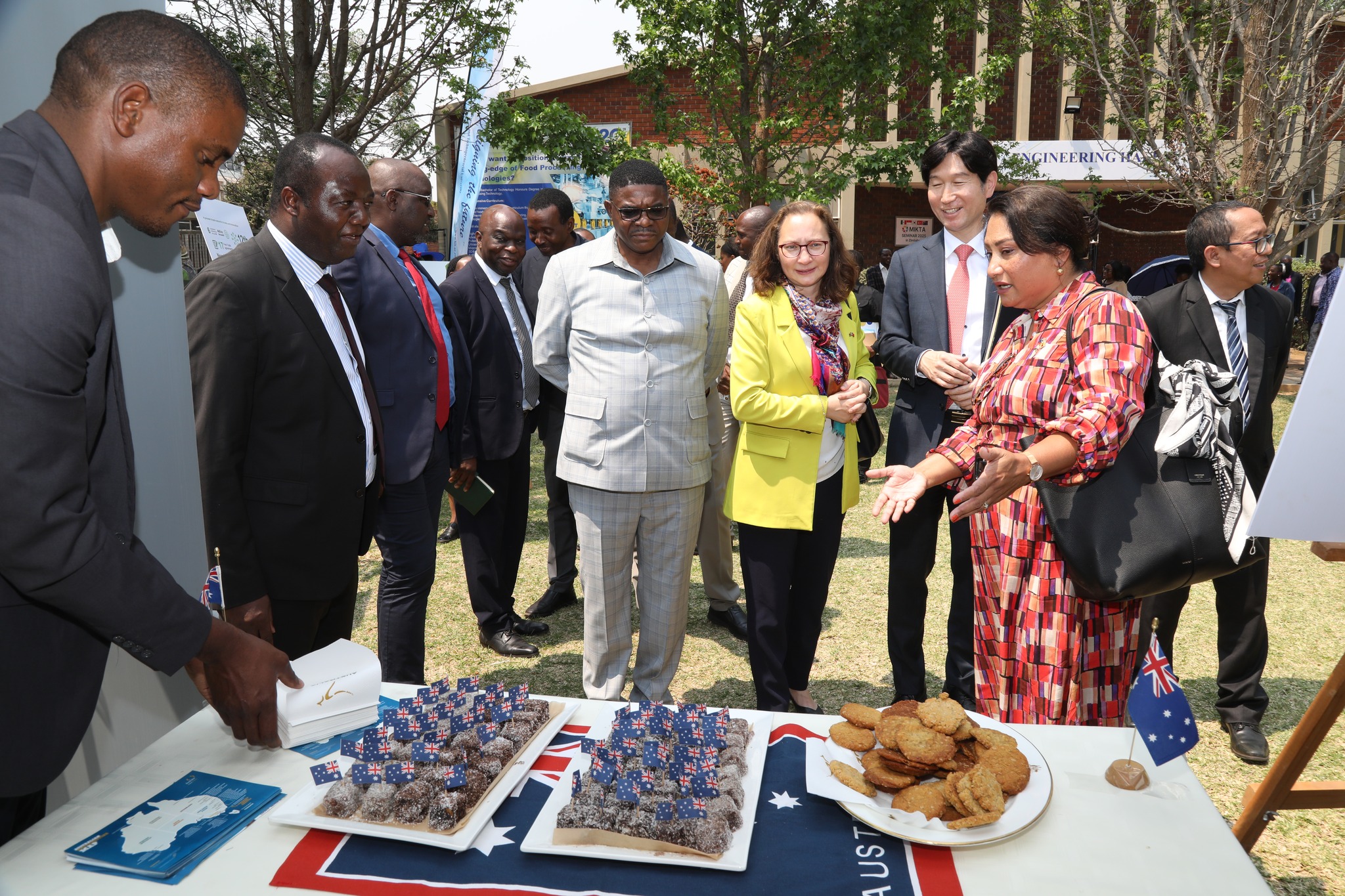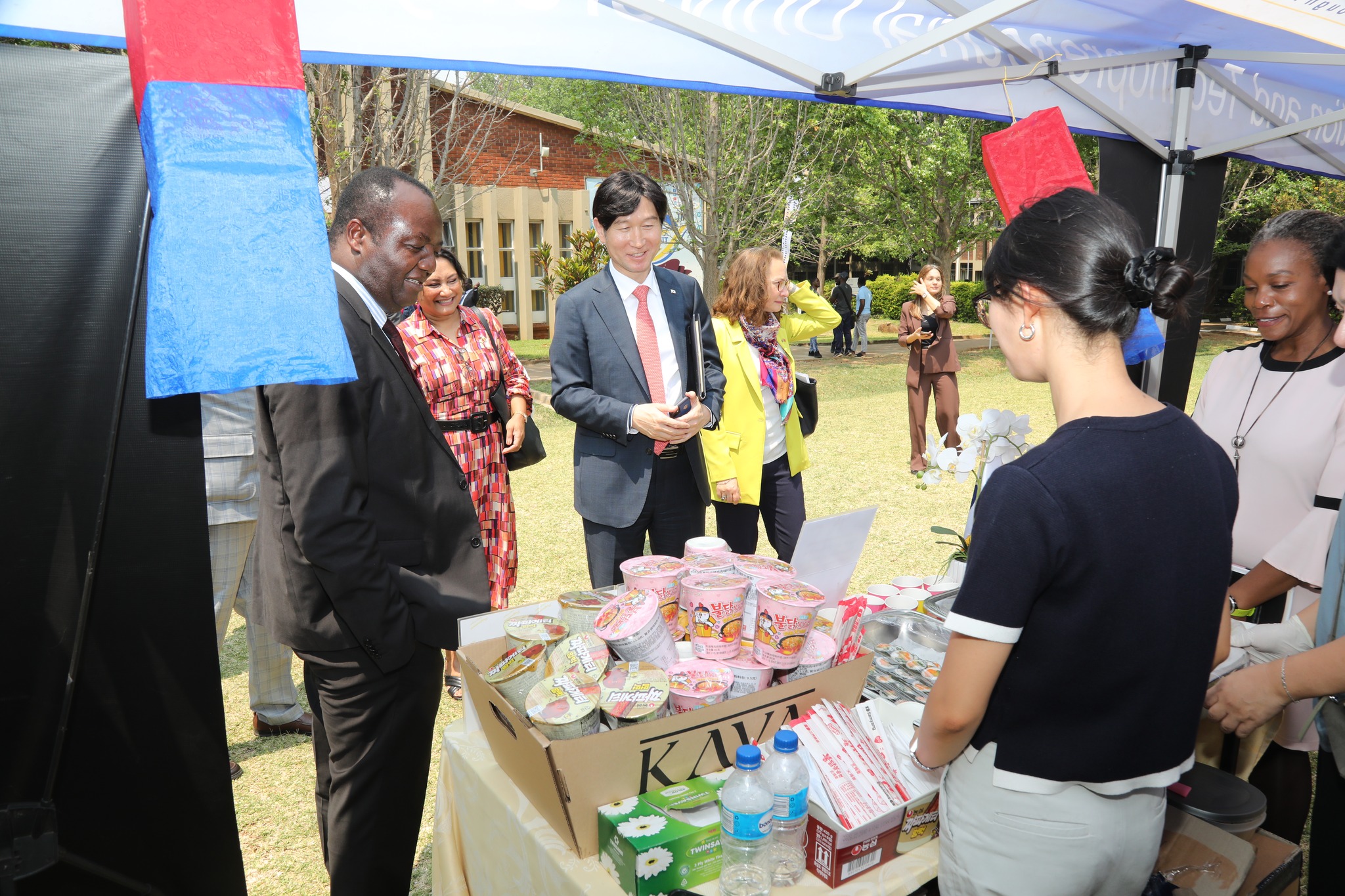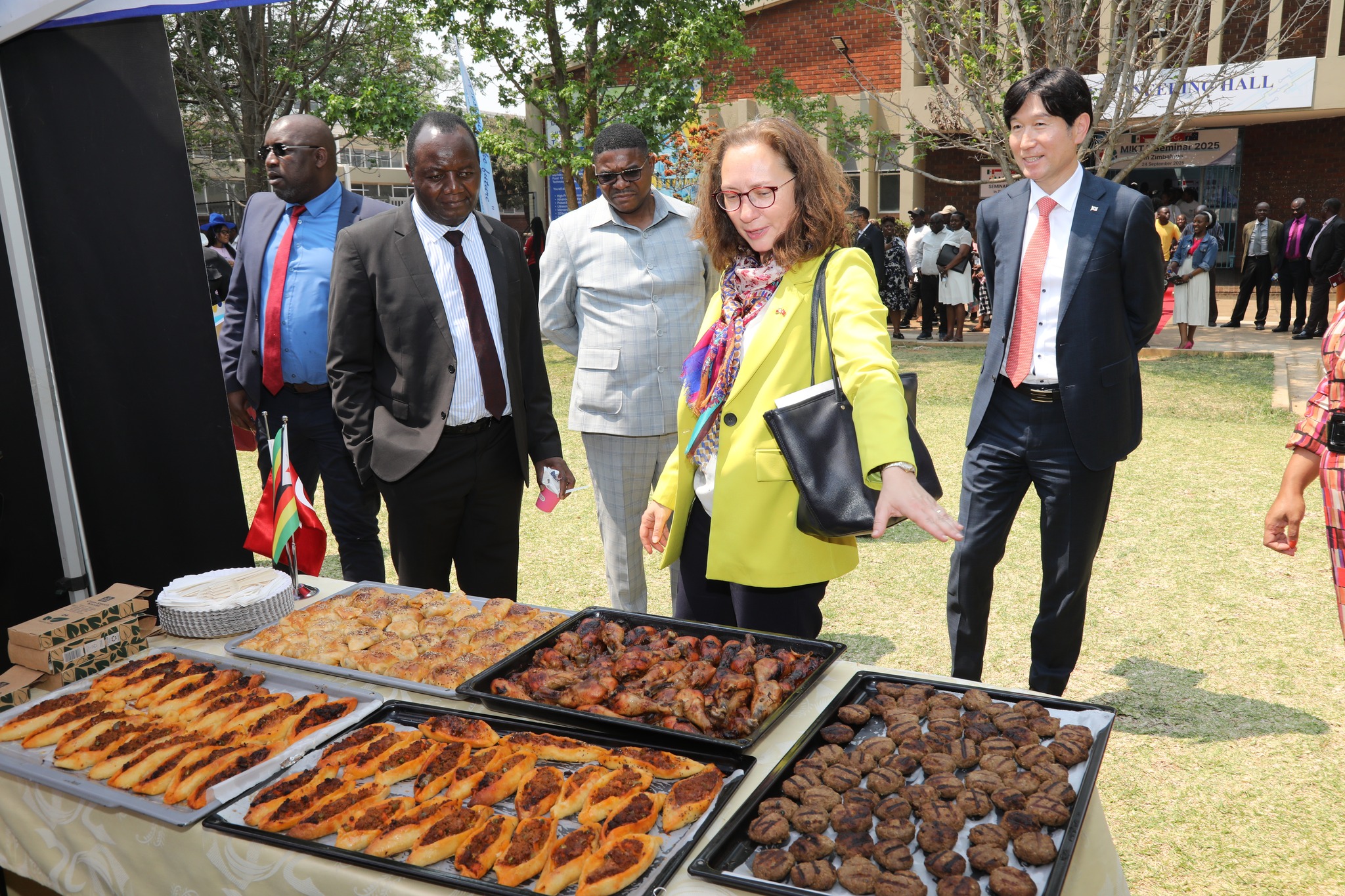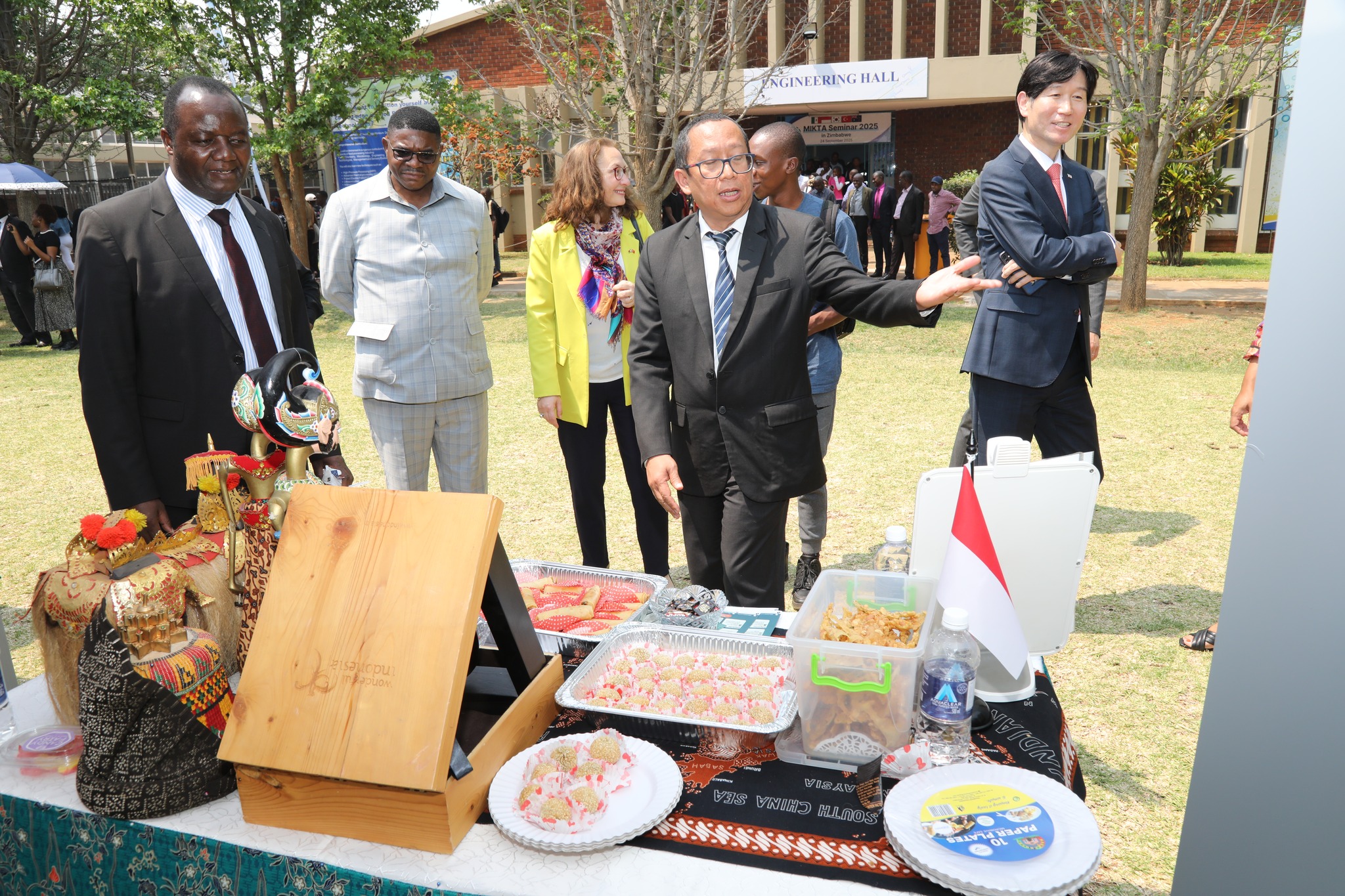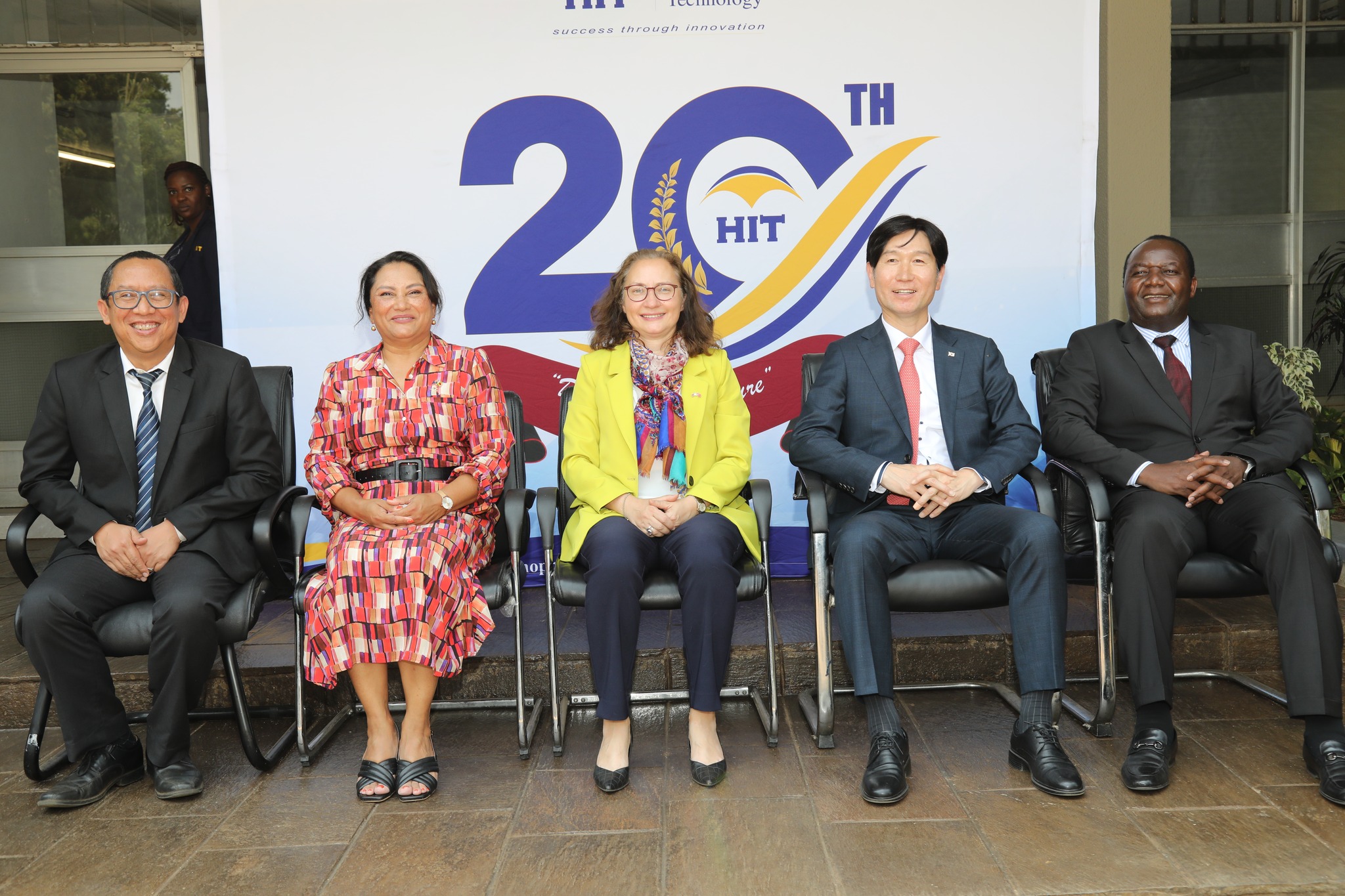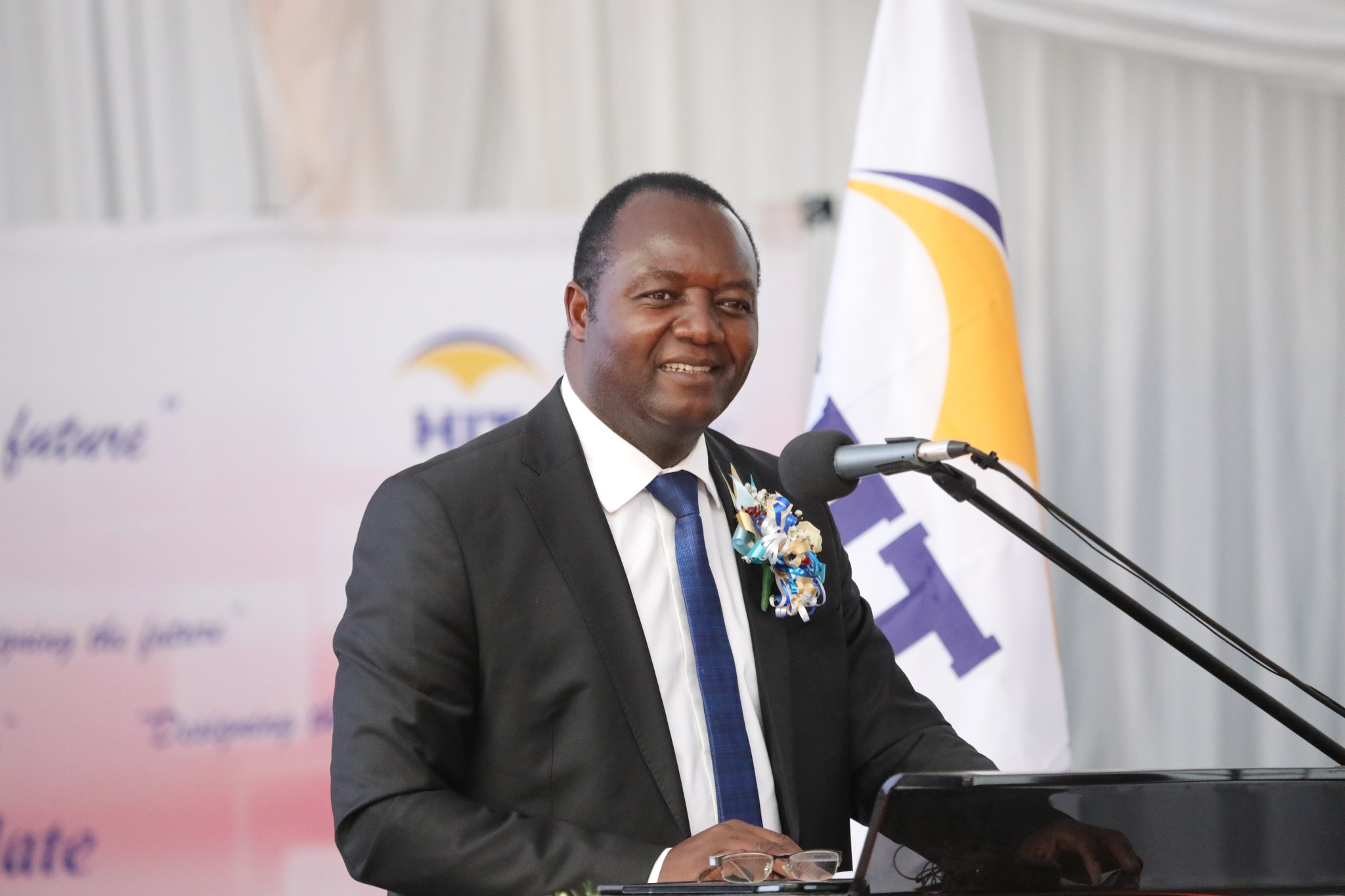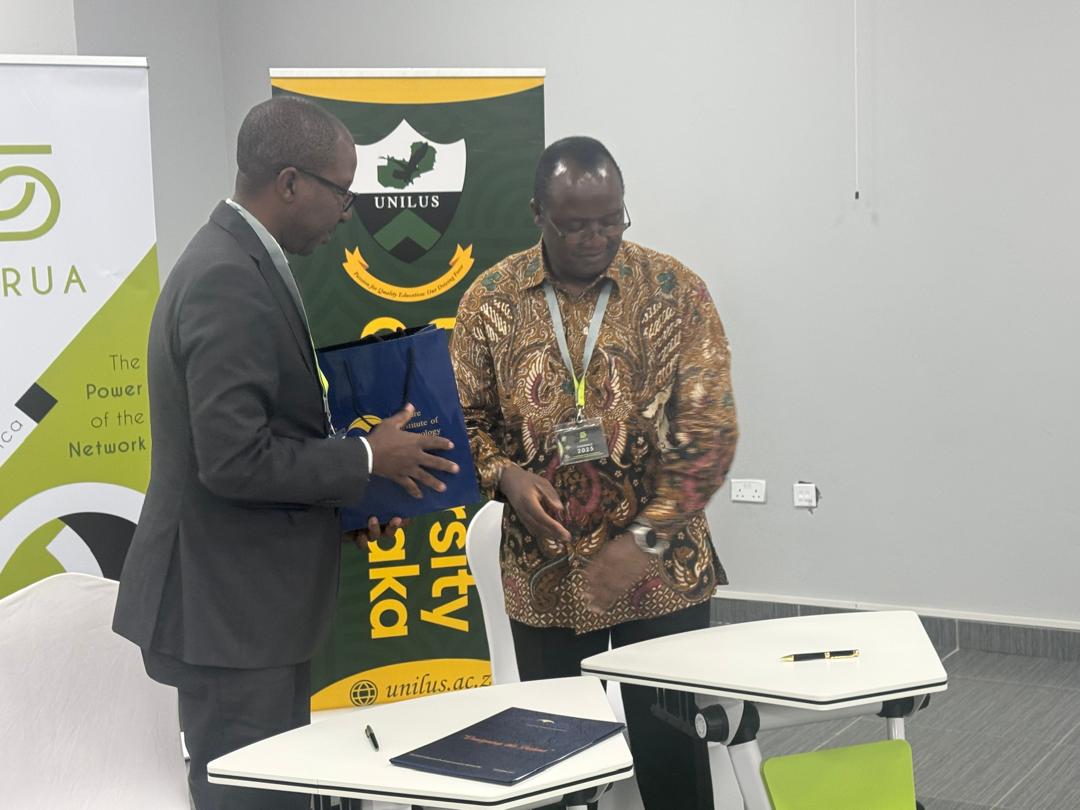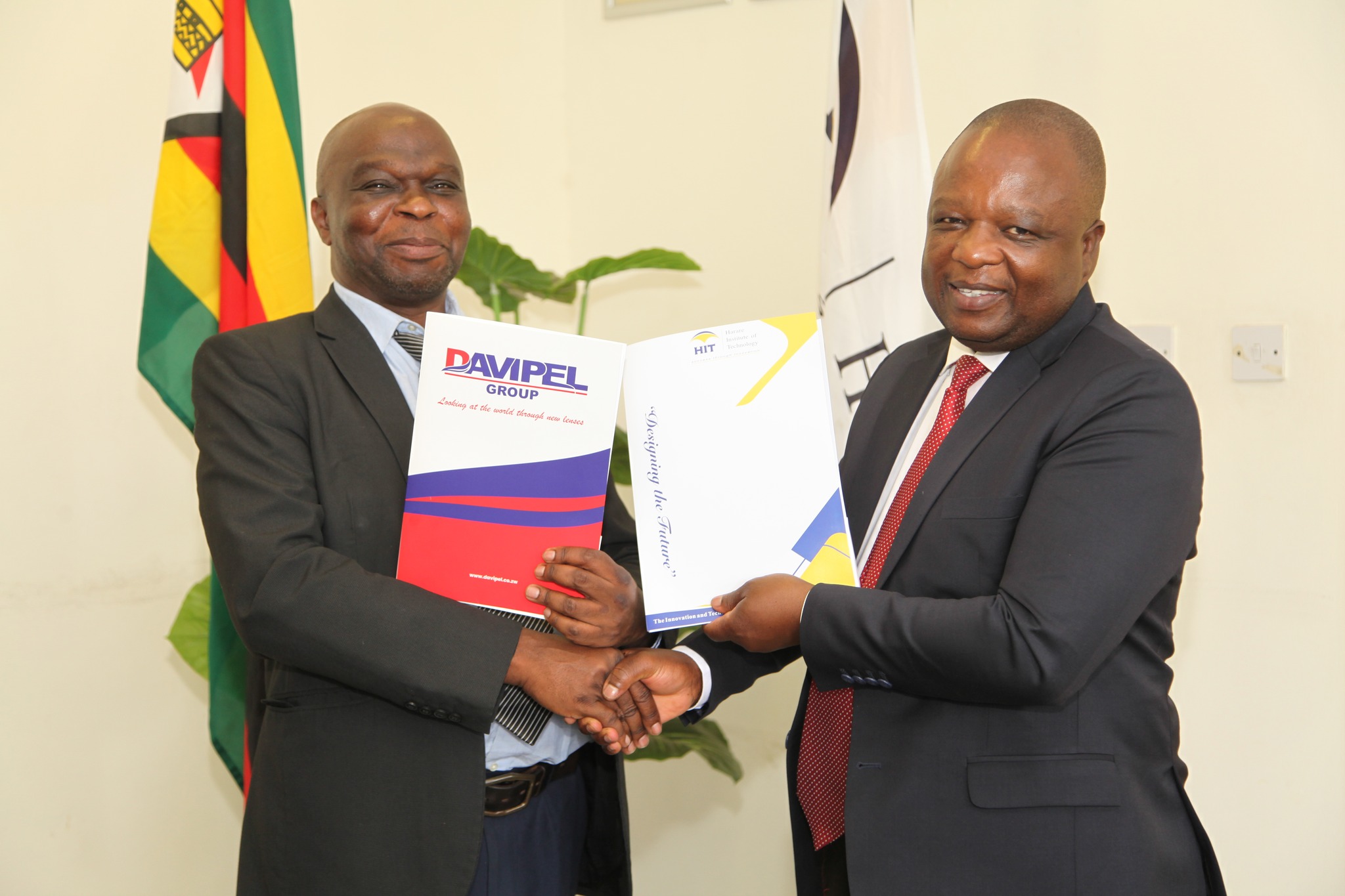The Harare Institute of Technology (HIT) became a focal point for international cooperation on September 24, 2025, hosting the high-profile MIKTA Seminar 2025. Running under the theme “Empowering Growth: The Role of MIKTA in Zimbabwe’s Development and Collaborative Approaches to Achieving Vision 2030,” the seminar featured a distinguished panel of ambassadors from Indonesia, the Republic of Korea, Turkey, and Australia, who outlined their nations’ concrete contributions to Zimbabwe’s socio-economic advancement.
MIKTA, a strategic alliance formed in 2013 by Mexico, Indonesia, South Korea, Turkey, and Australia, aims to foster cross-regional collaboration among G20 member nations. This diverse grouping seeks to bridge gaps between developed and developing countries and build consensus on key global issues.
The seminar served as a platform for transparent dialogue, highlighting specific projects and initiatives designed to empower Zimbabwean youth, enhance agricultural and technological capacity, and build climate resilience—core pillars aligned with Zimbabwe’s Vision 2030 blueprint.
In his welcome address, HIT Vice Chancellor, Professor Quinton Chamunorwa Kanhukamwe, declared the seminar a critical platform for advancing Zimbabwe’s socio-economic prospects through strategic global partnerships. He emphasised that the collaboration dovetails with Zimbabwe’s Education 5.0 model, which focuses on teaching, research, community service, innovation, and industrialisation.
“We are at the crossroads of opportunity and transformation,” stated Professor Kanhukamwe, highlighting the potential of the MIKTA bloc (Mexico, Indonesia, Korea, Turkey, and Australia) to foster national development. He positioned HIT as being at the forefront of this charge, committed to its mandate of developing, incubating, transferring and commercialising technology for rapid Industrialisation.
The Vice Chancellor outlined HIT’s practical approach, which centres on producing “job and wealth creators” through technopreneurship modules rather than traditional job seekers. He pointed to existing collaborations with MIKTA nations, including staff training in Korea and Indonesia, a water heating plant from KOICA, and a microbiology laboratory donated by TIKA of Turkey.
Professor Kanhukamwe expressed hope for deepened cooperation, specifically in the global Artificial Intelligence revolution and data analytics, to harness their full potential for Zimbabwe’s development agenda and the shared vision of a prosperous nation by 2030. “This seminar is expected to open new pathways for scholarships, research in sustainable industrialisation, and digital transformation,” he said.
His Excellency, the Ambassador-designate of the Republic of Indonesia, H.E. Arief Hidayat, opened the discussions by highlighting two key areas of cooperation. First, he emphasised educational ties, noting that Indonesia provided 174 scholarships to Zimbabwean students last year alone, with plans to increase this number. He extended a specific invitation to students from HIT to study at prestigious Indonesian institutions like the Bandung Institute of Technology.
Secondly, the ambassador-designate detailed a significant agricultural initiative. “We are providing artificial insemination services in areas like Masvingo and Gweru,” he stated, explaining that the programme aims to strengthen cattle herds with high-quality genetics. This cooperation is set to expand, with the ambassador revealing that 14 new Memoranda of Understanding are being finalised with the Zimbabwean government to further deepen bilateral relations.
The Ambassador of the Republic of Korea, H.E. Mr Park Jae-Kyung, delivered a compelling presentation on youth empowerment, drawing a stark contrast between Zimbabwe’s median age of 18 and Korea’s 45. He stressed that strategic investment in Zimbabwe’s youth is crucial to harnessing its “demographic dividend,” a strategy central to Korea’s own development history.
H.E. Mr Park Jae-Kyung listed several ongoing projects, including a new ICT lab at the Zimbabwe Open University (ZOU), set for completion by year-end, annual scholarships for approximately 15 Zimbabwean youth to pursue undergraduate and postgraduate degrees in Korea, support for cultural exchanges and sports, specifically a partnership with a Taekwondo club in Epworth that uses martial arts to combat issues like early marriage, and a $5 million climate action project with UNICEF, operating in multiple districts, which empowers children to have a voice in climate governance.
The Korean Ambassador concluded with an inspiring message generated in consultation with AI: “Dream boldly, work diligently, and let your innovations flourish for yourself, for your family, for your community, and for your beautiful country.”
The Turkish Ambassador to Zimbabwe, Her Excellency Berna Kasnakli Versteden, outlined a comprehensive partnership strategy, grounded in Turkey’s “Africa Partnership Policy.” A cornerstone of this is the Türkiye Scholarships (Türkiye Bursları) programme, which has supported nearly 200 Zimbabwean students with full scholarships over the past decade.
On the ground, Turkish cooperation, channelled through the Turkish Cooperation and Coordination Agency (TIKA), is diverse and impactful. Projects highlighted include a sustainable Sesame Seed Project in Lupane and Gokwe to boost agricultural capacity and add value to exports, the provision of maize and peanut shelling machines to vocational training centres in ten provinces, the establishment of two key laboratories at HIT itself: a forensic lab and a microbiology lab, and “A Drop of Life” initiative, which has constructed 65 active boreholes across Zimbabwe.
The ambassador also expressed Turkey’s commitment to exploring new avenues for MIKTA to mobilise resources and share best practices for achieving the Sustainable Development Goals (SDGs).
The Ambassador of Australia to Zimbabwe, Minoli Perera, emphasised her country’s focus on “meaningful and long-lasting” development, channelled primarily through the embassy’s Direct Aid Programme (DAP). She linked these efforts directly to Zimbabwe’s Vision 2030 and the SDGs.
Key Australian initiatives include the Women’s Empowerment Programme that funds solar charging stations for female dairy farmers in Chipinge, and supporting the all-female anti-poaching unit, Akashinga. She also mentioned the Youth and Digital Inclusion project, which involves building seven innovation and coding hubs in high-density areas with a partner, Uncommon.org, to bridge the digital divide. On Climate Resilience, Australia is supporting projects like the Chikuba Lantern Project, which teaches students to build solar lanterns from recycled materials, and installing solar-powered boreholes at schools and hospitals. A notable project is the Africa-Australia partnership for climate-responsive agriculture, with a USD 76.4 million investment over six years to improve food security and sustainable farming practices.
“Australia’s emphasis on partnerships, exemplified through forums like MIKTA, aims to foster dialogue, resource mobilisation, and best practice exchange,” Ambassador Minoli Perera said.
The seminar concluded with a strong consensus on the vital role of multilateral partnerships like MIKTA in supporting Zimbabwe’s national development goals. The detailed accounts from the ambassadors demonstrated a shared commitment to tangible, sustainable projects that empower Zimbabweans, particularly the youth, to be the primary drivers of the nation’s growth as it advances towards the ambitious targets of Vision 2030.
The MIKTA Seminar 2025 underscored the importance of collaborative international efforts in advancing Zimbabwe’s development agenda toward Vision 2030. The diverse contributions from Indonesia, South Korea, Turkey, and Australia reflect a shared commitment to sustainable growth, youth empowerment, and regional stability. As these nations continue to deepen their partnerships, Zimbabwe stands to benefit from innovative projects, educational exchanges, and comprehensive development programmes that align with its national priorities and global sustainable development goals.
After the seminar, delegates and participants visited the MIKTA countries’ stands, where they were served with various cuisines.
MIKTA is an innovative partnership between Mexico, Indonesia, South Korea, Turkey, and Australia. It serves as a cross-regional consultative forum to facilitate cooperation on global challenges and promote sustainable development.

